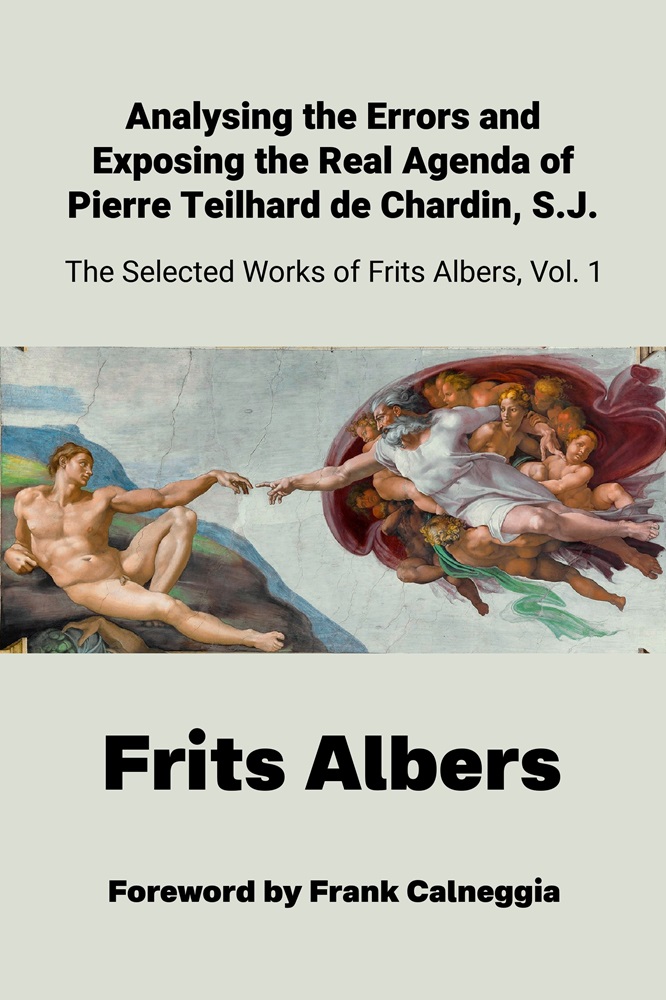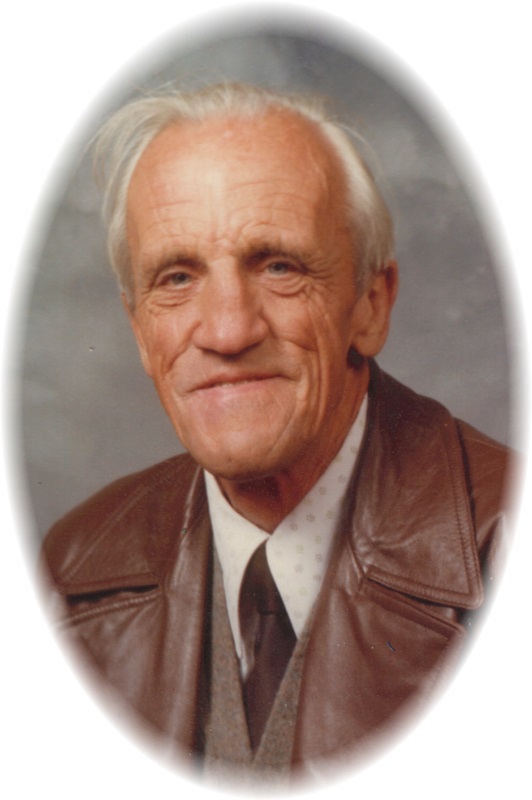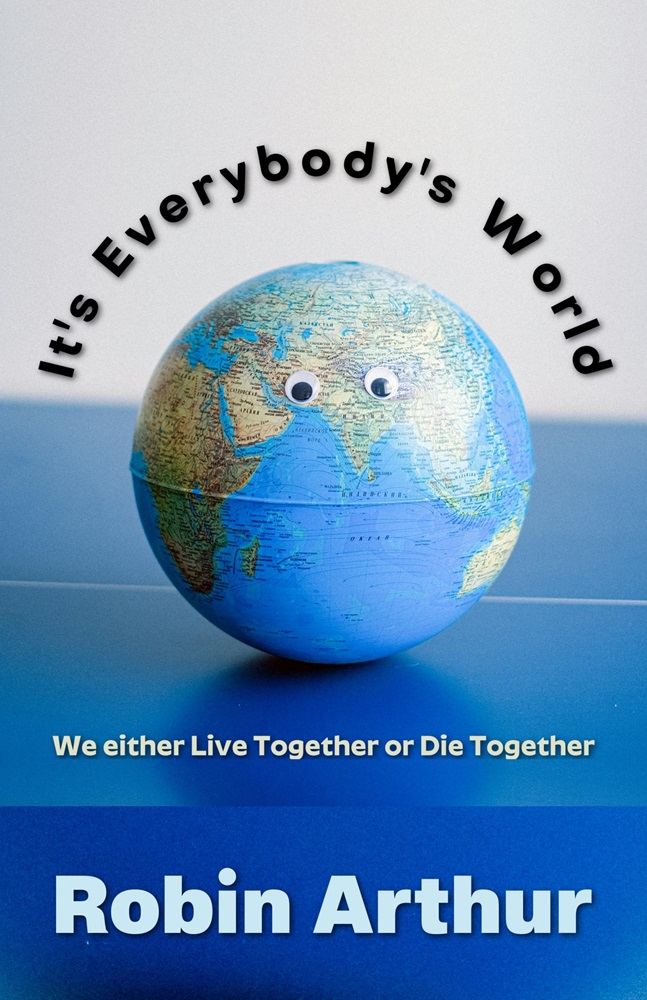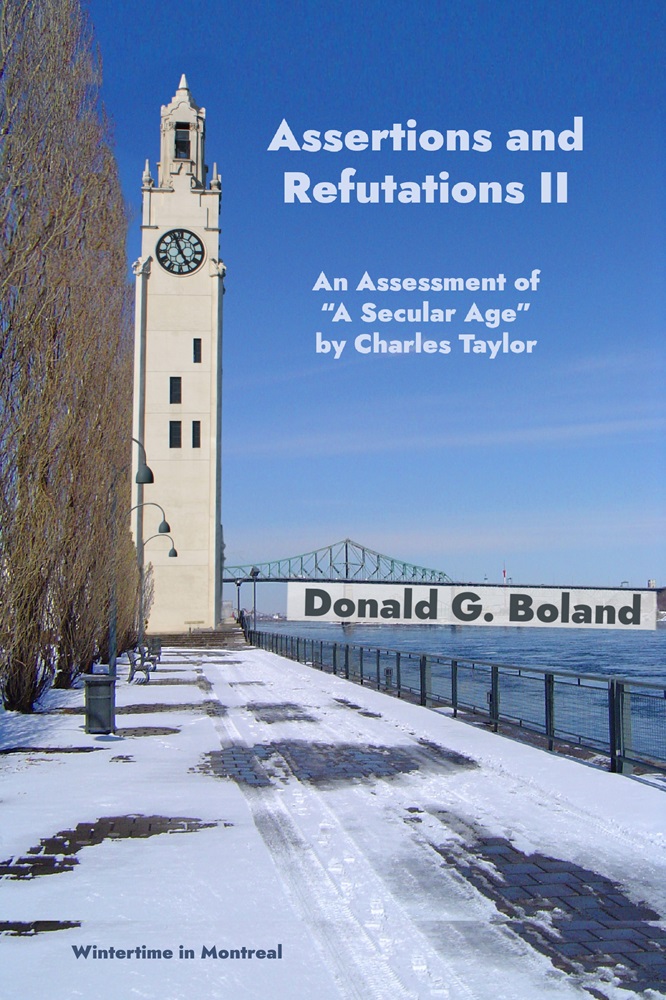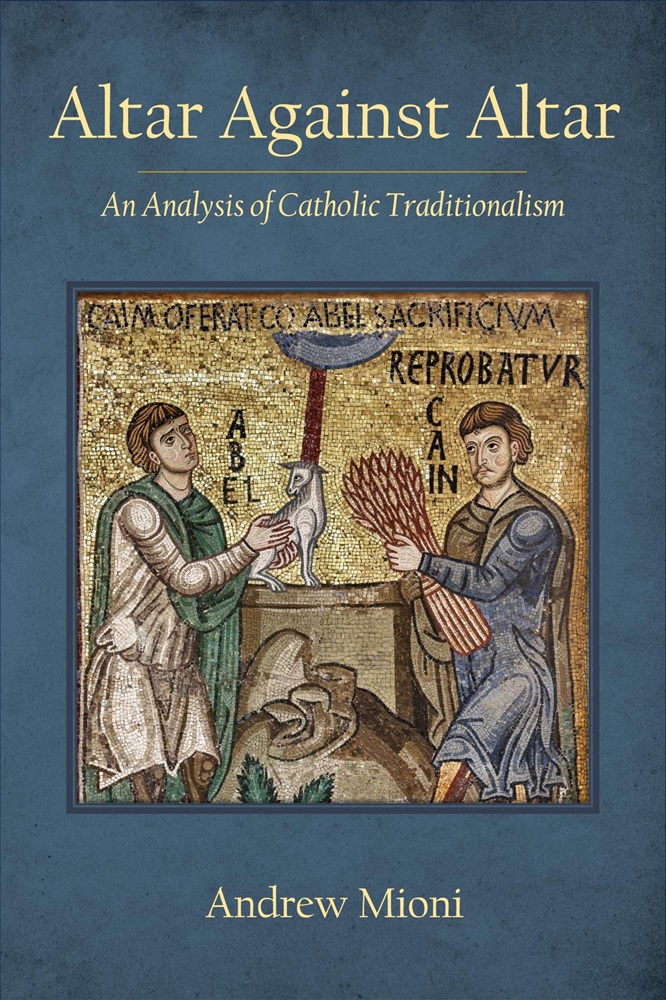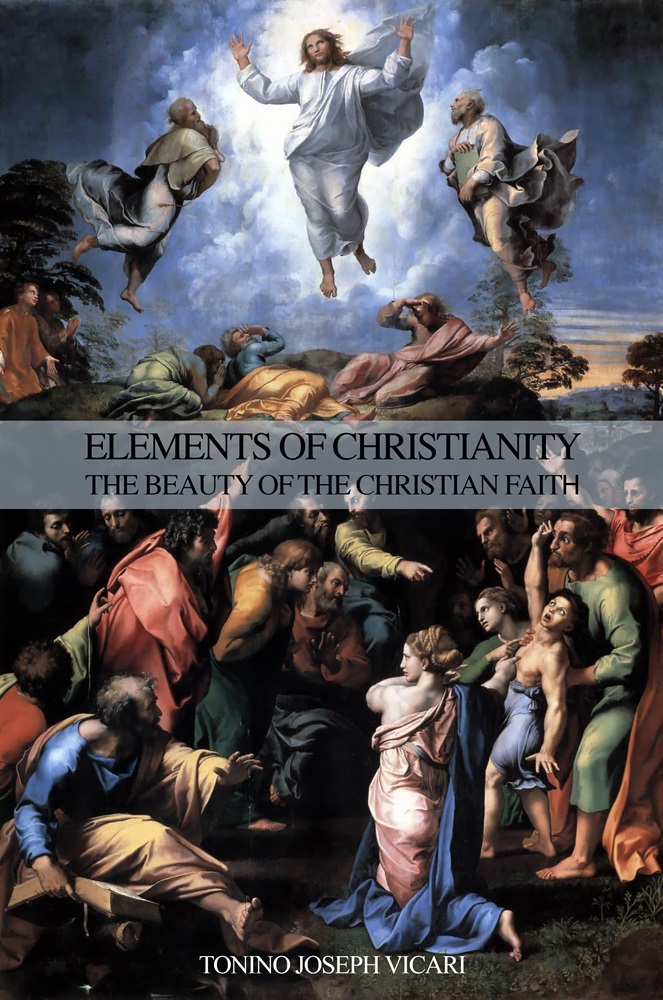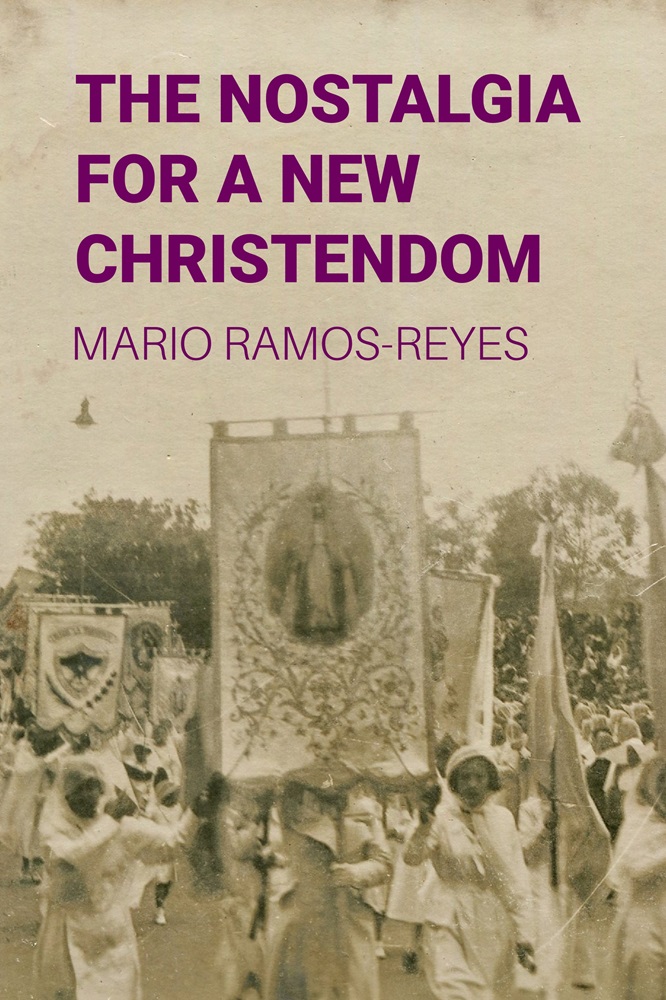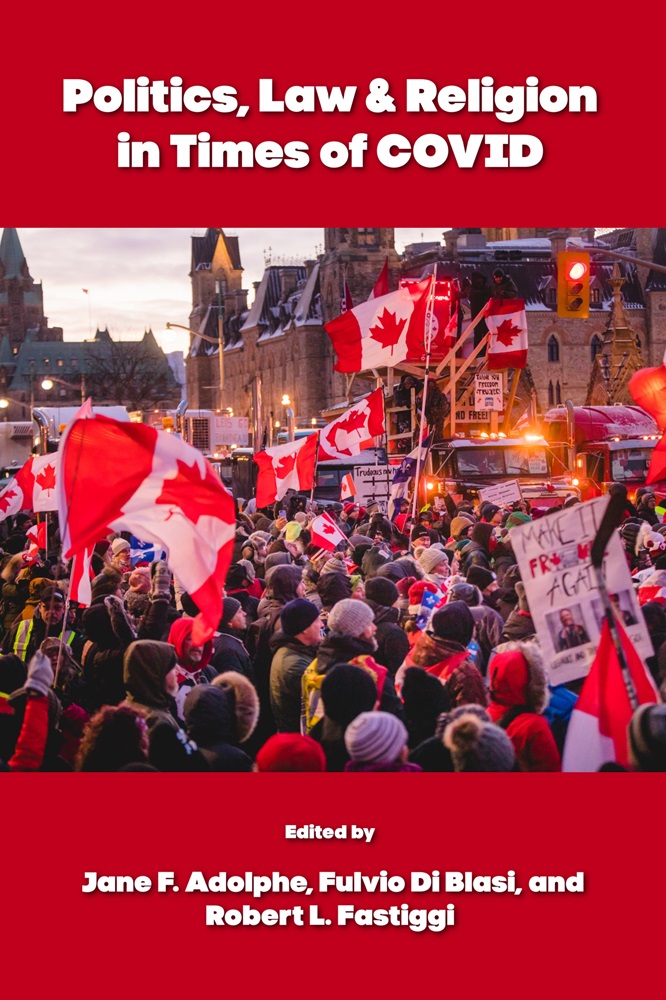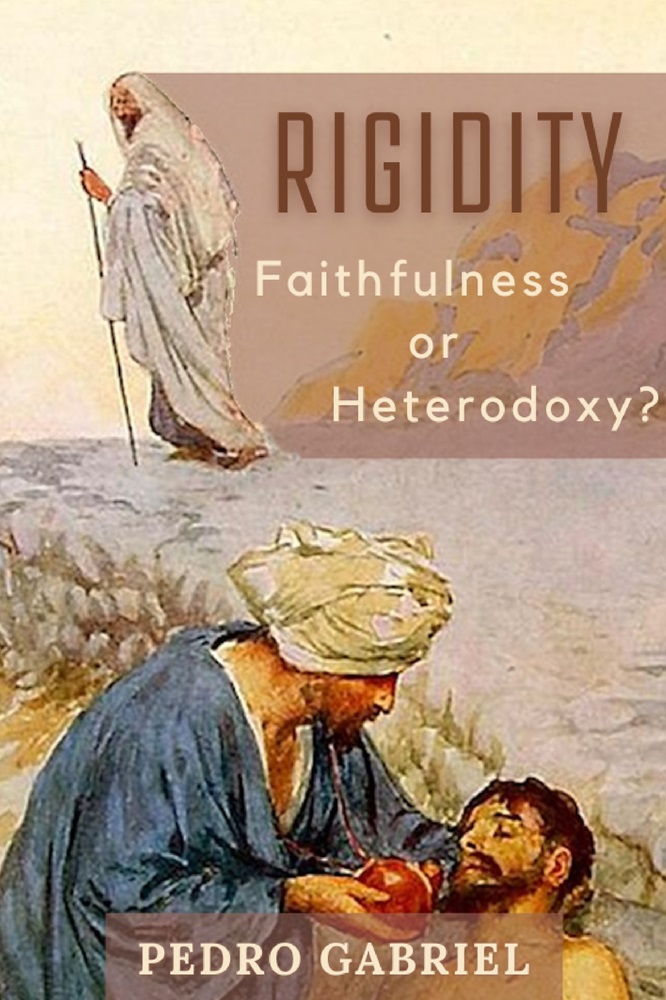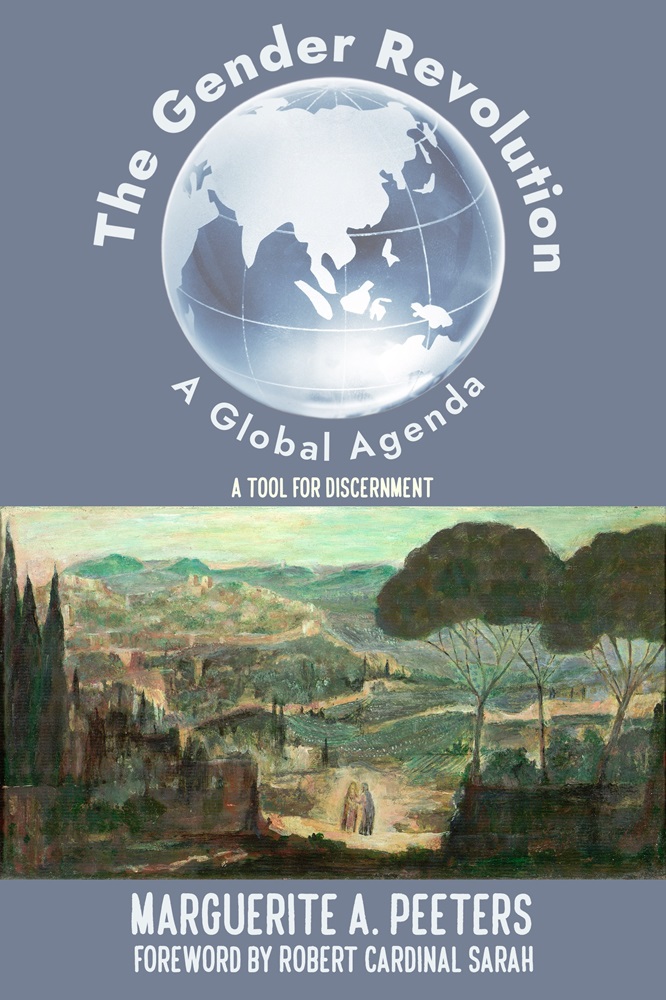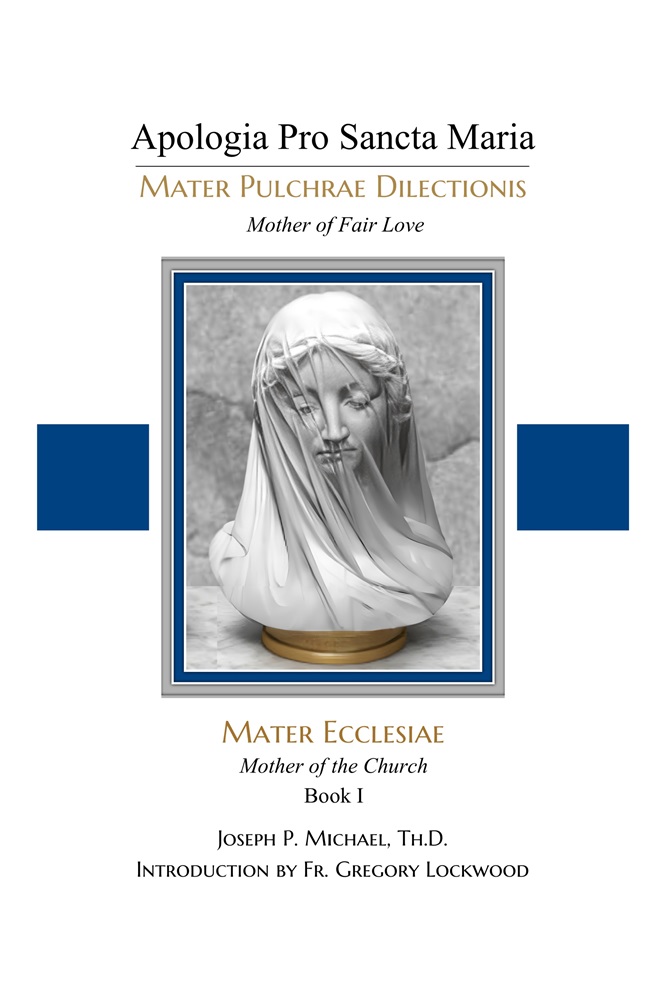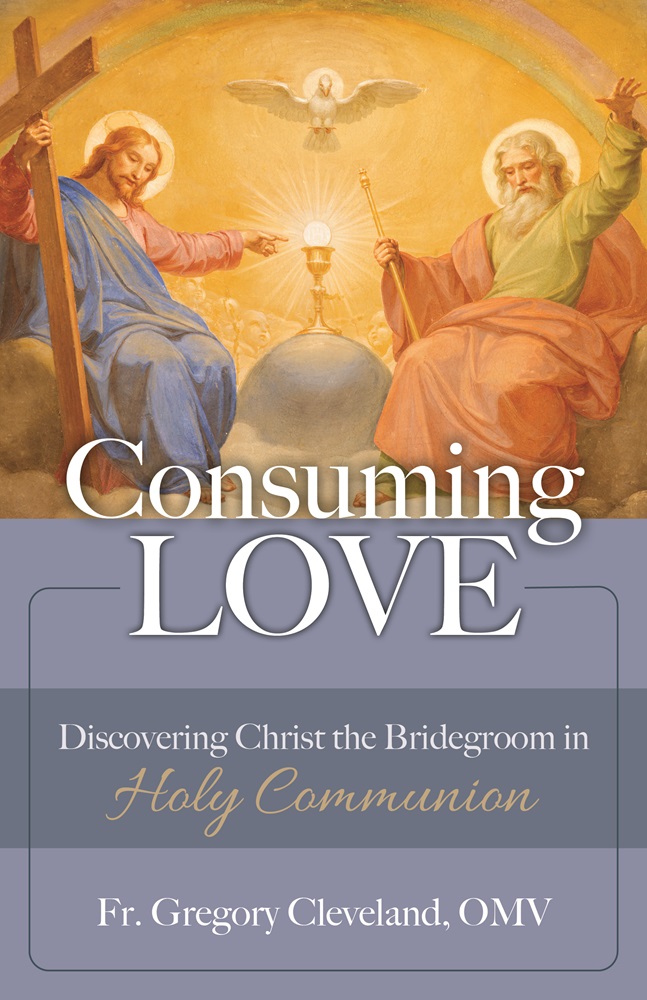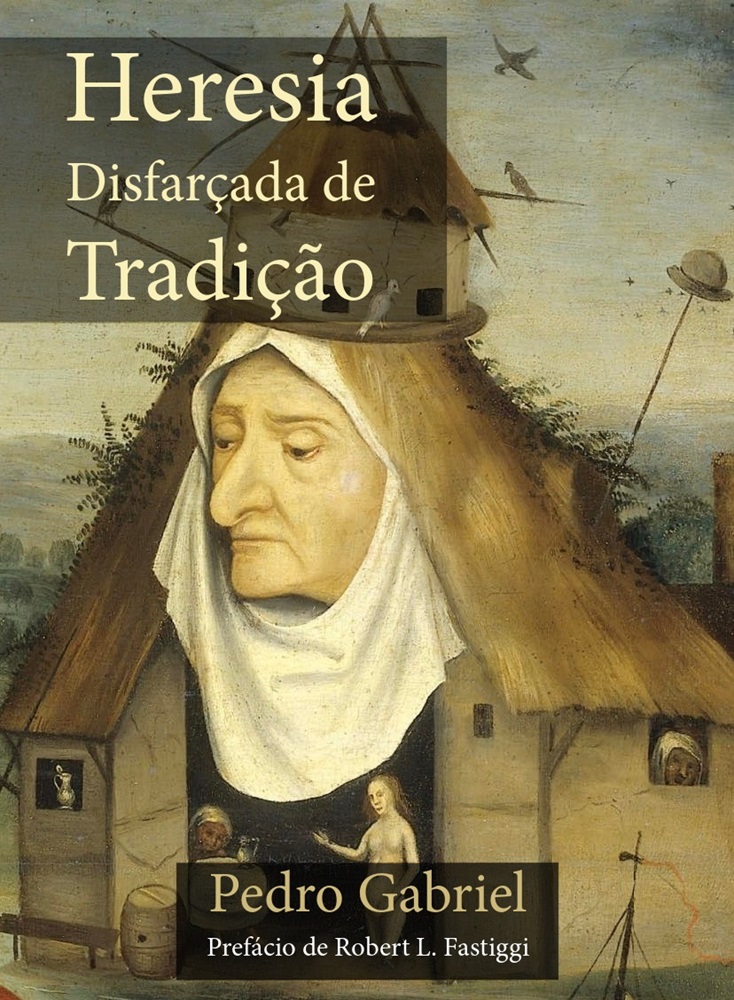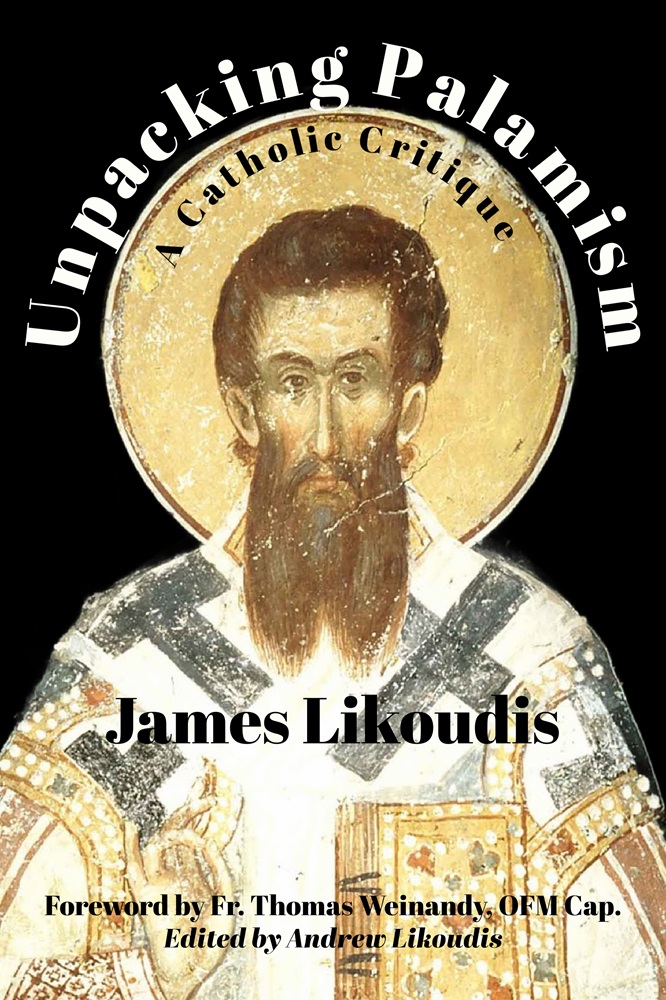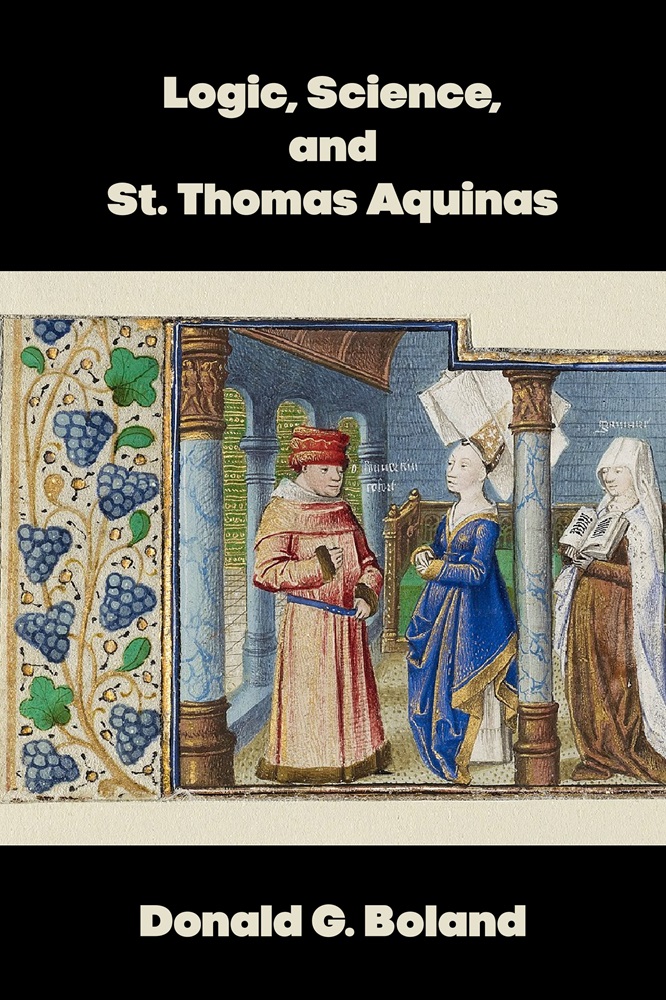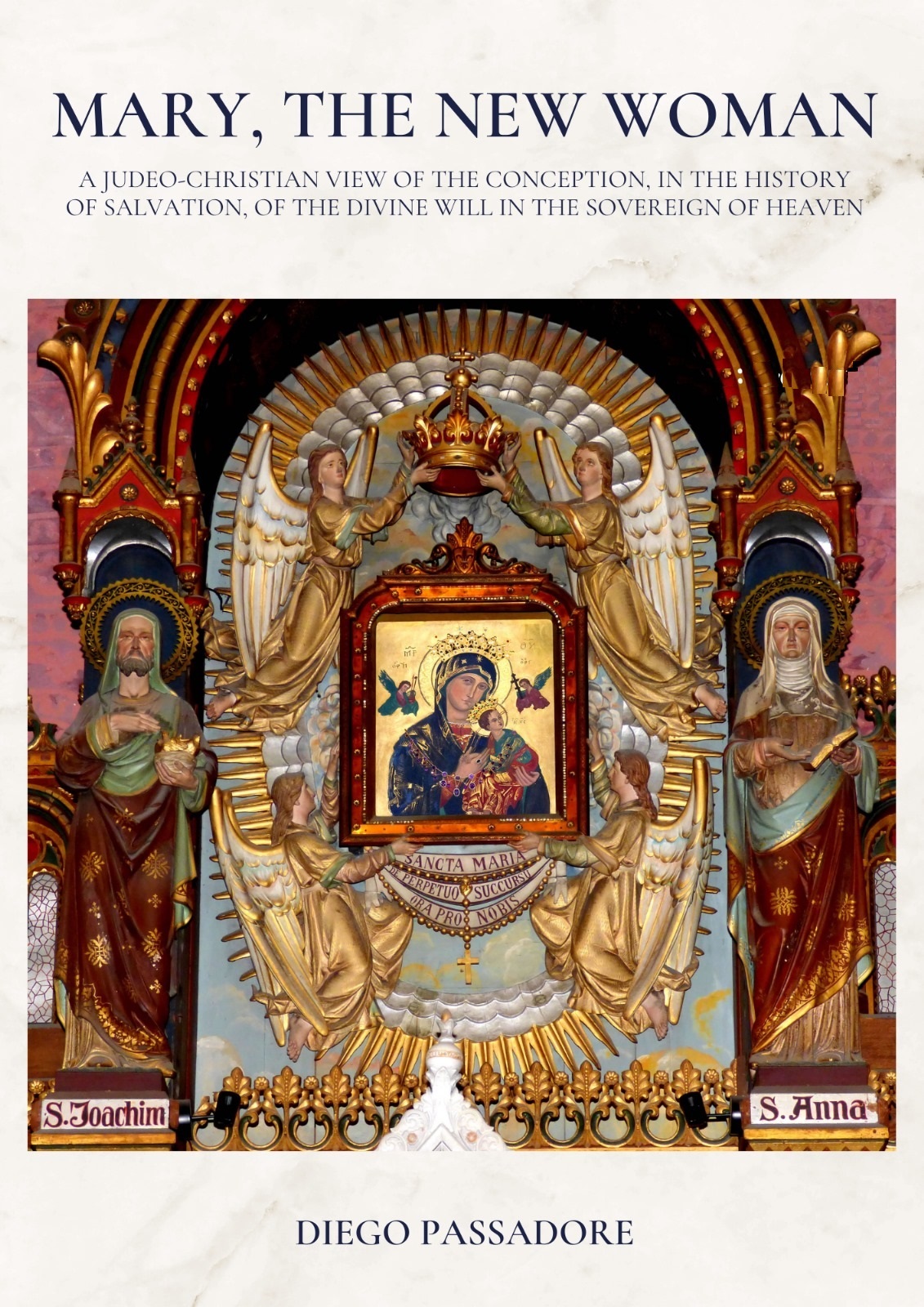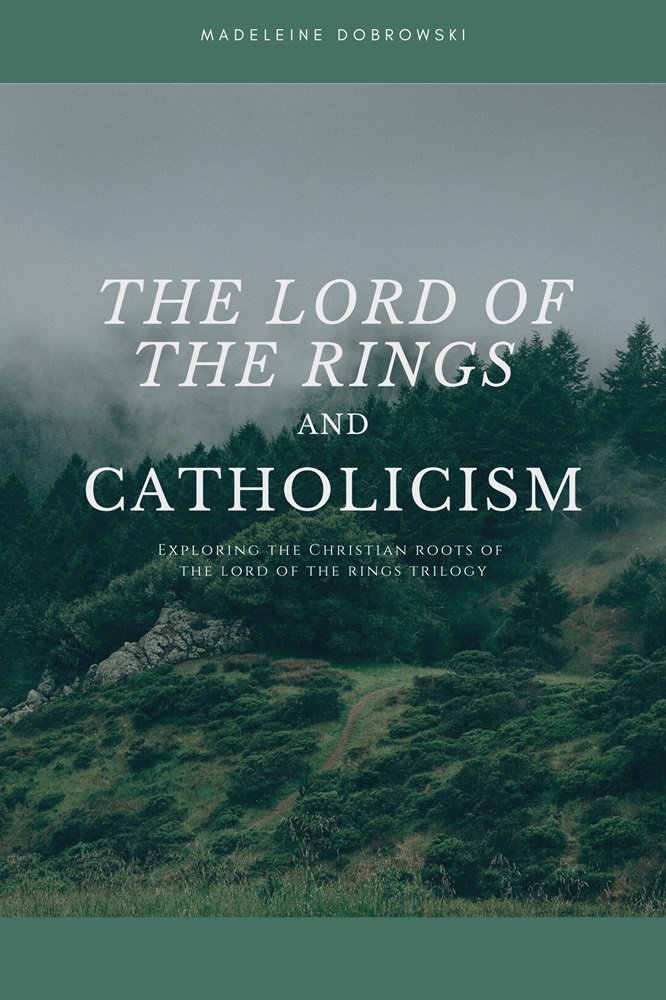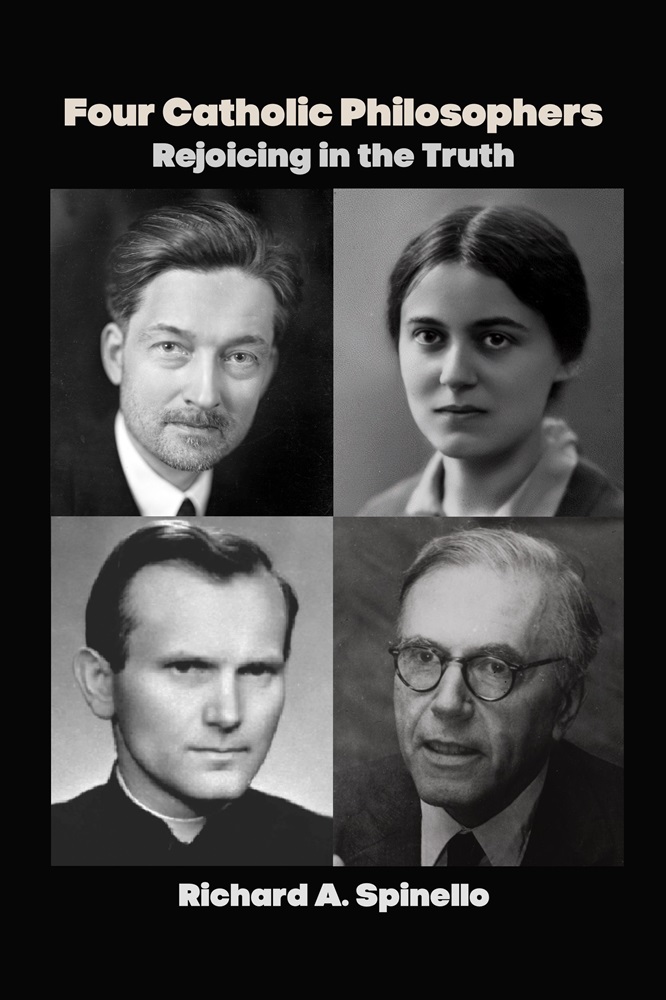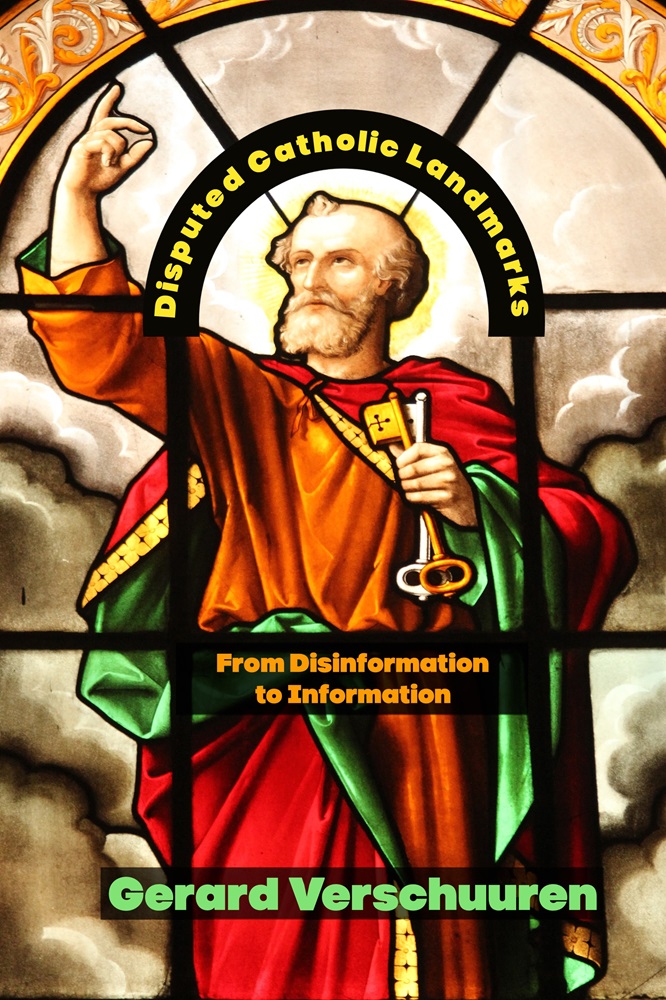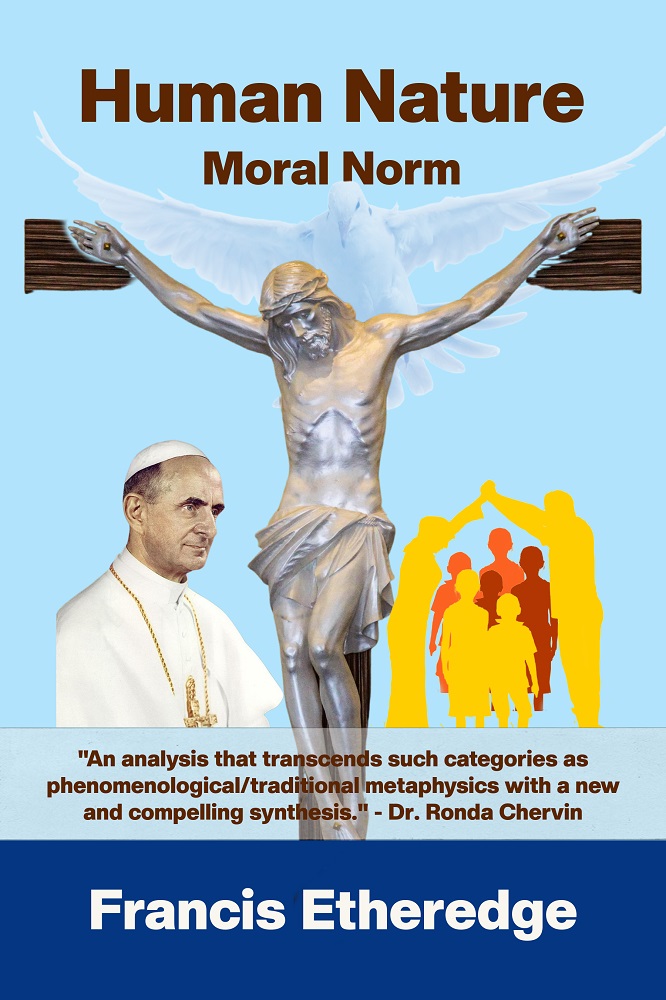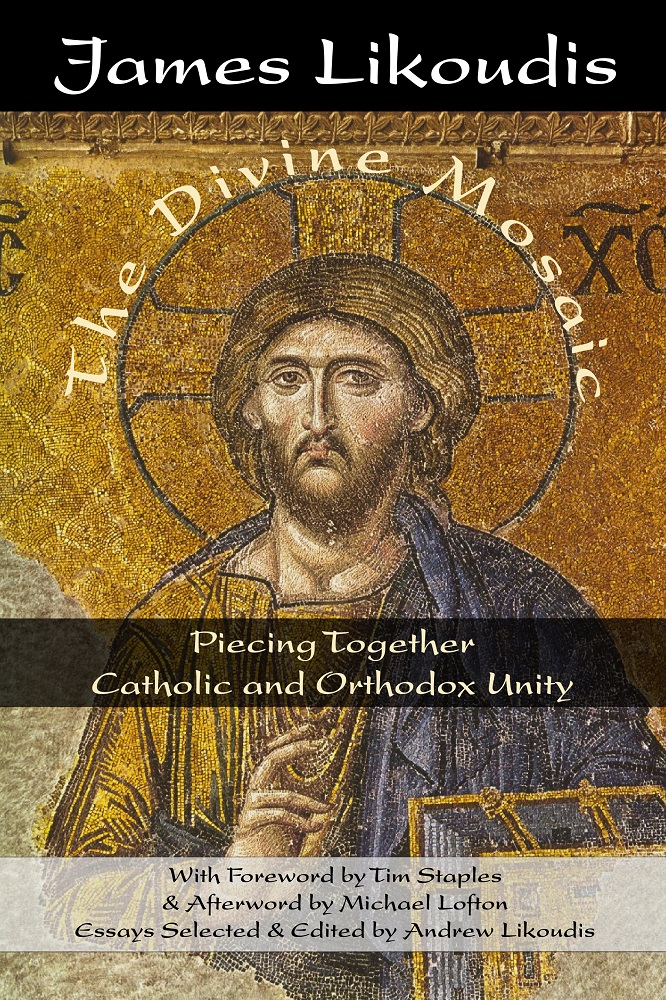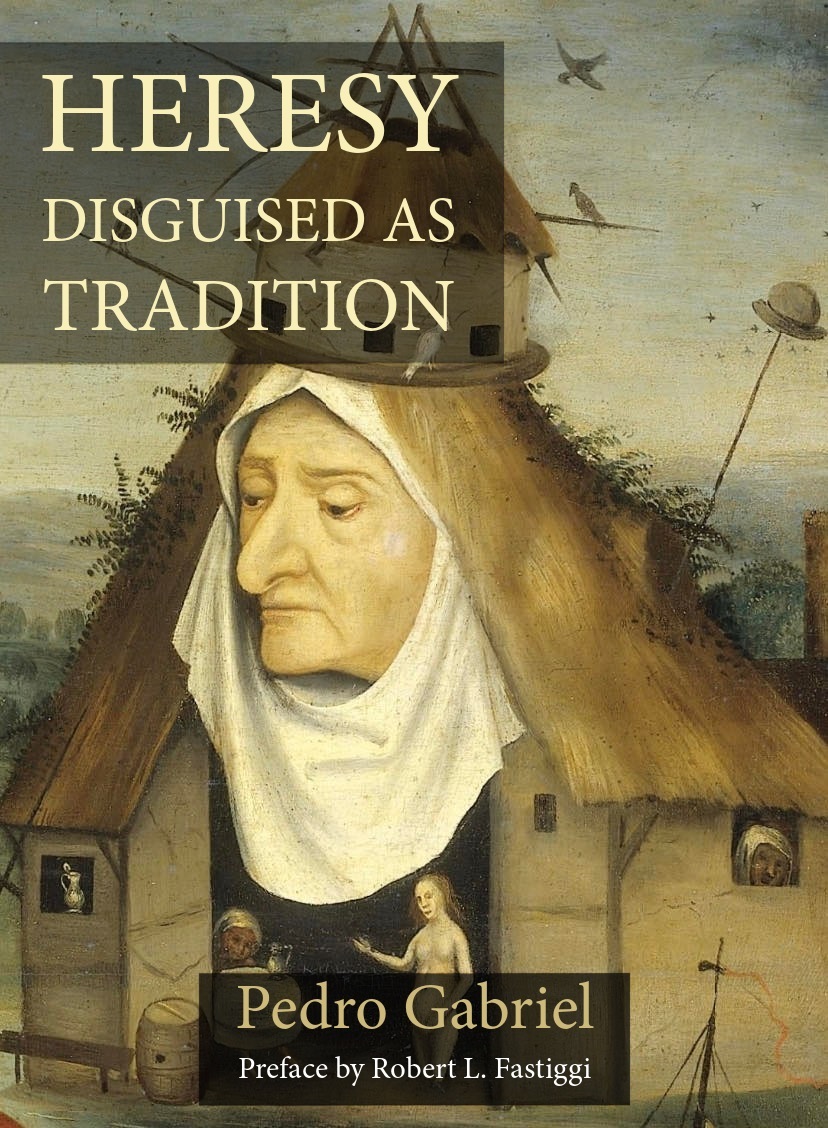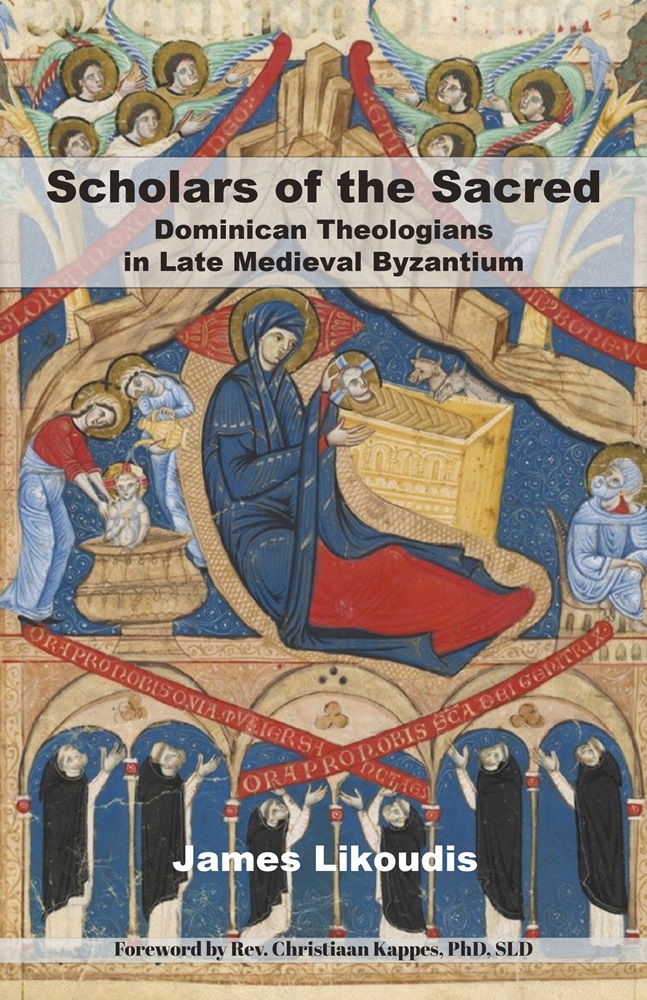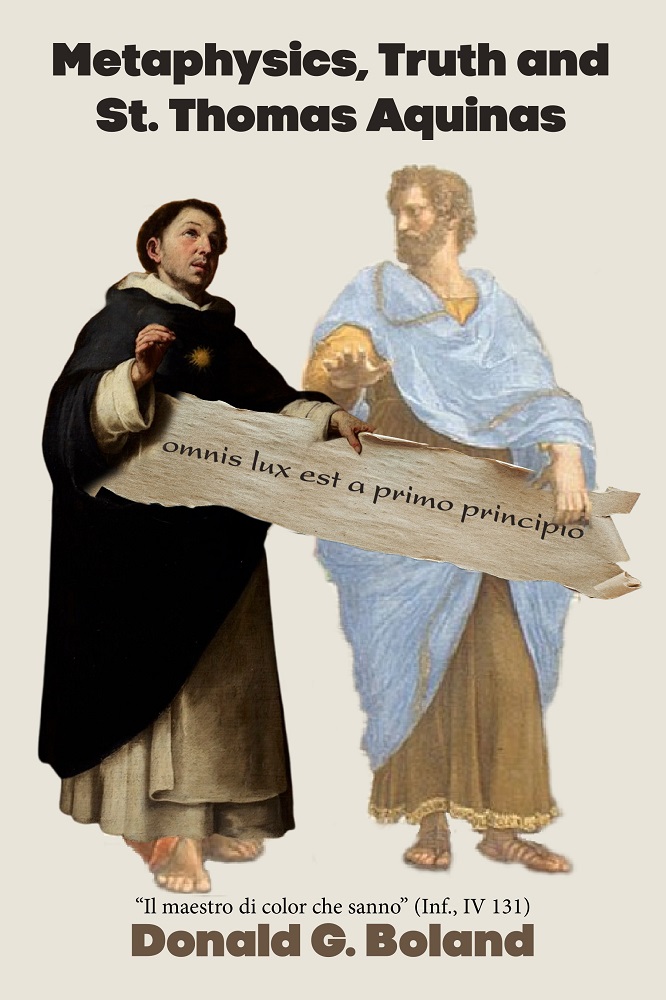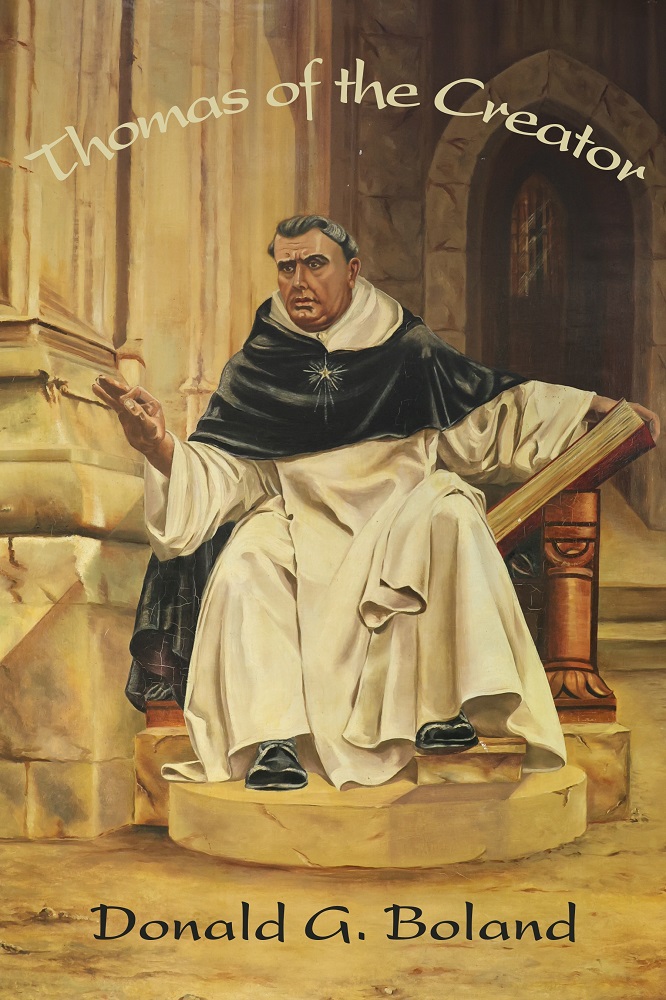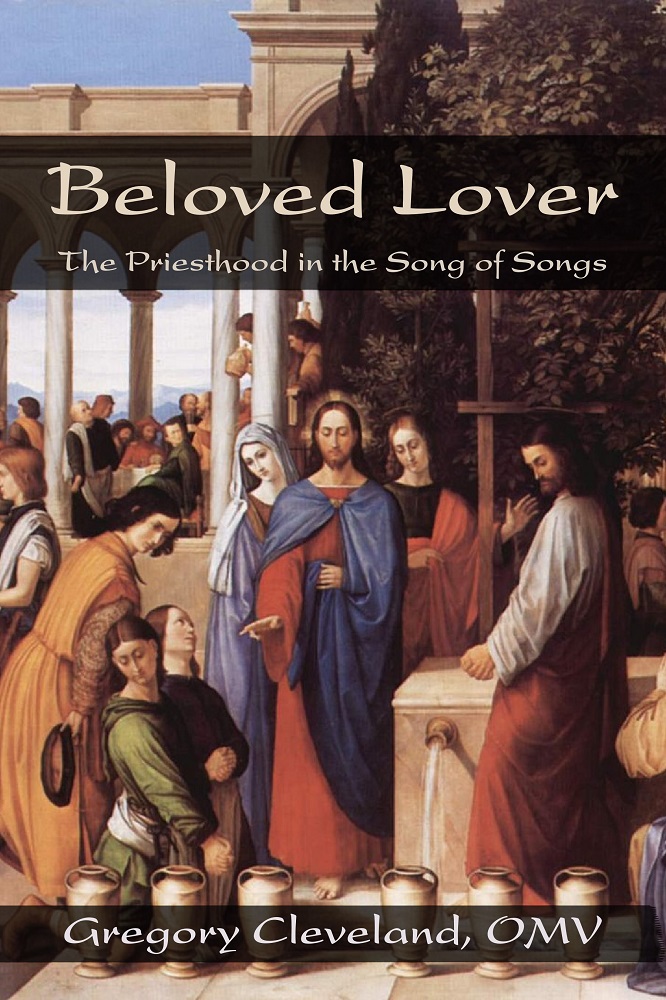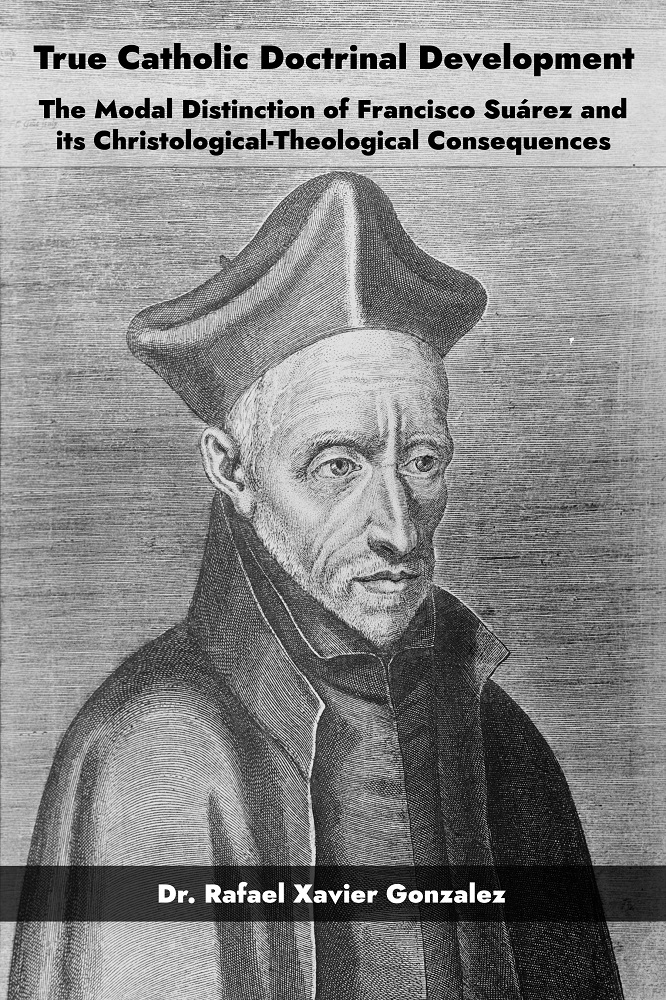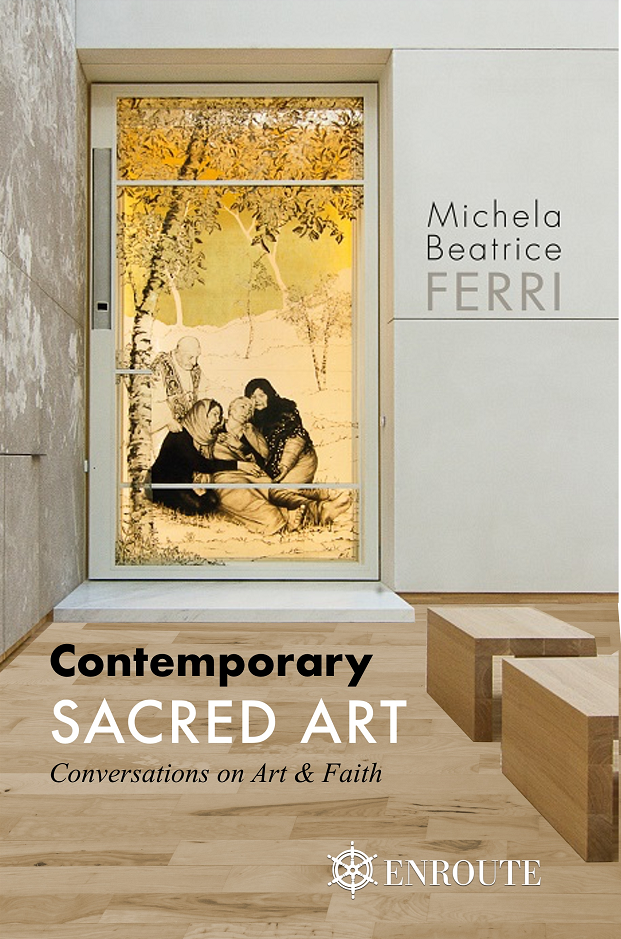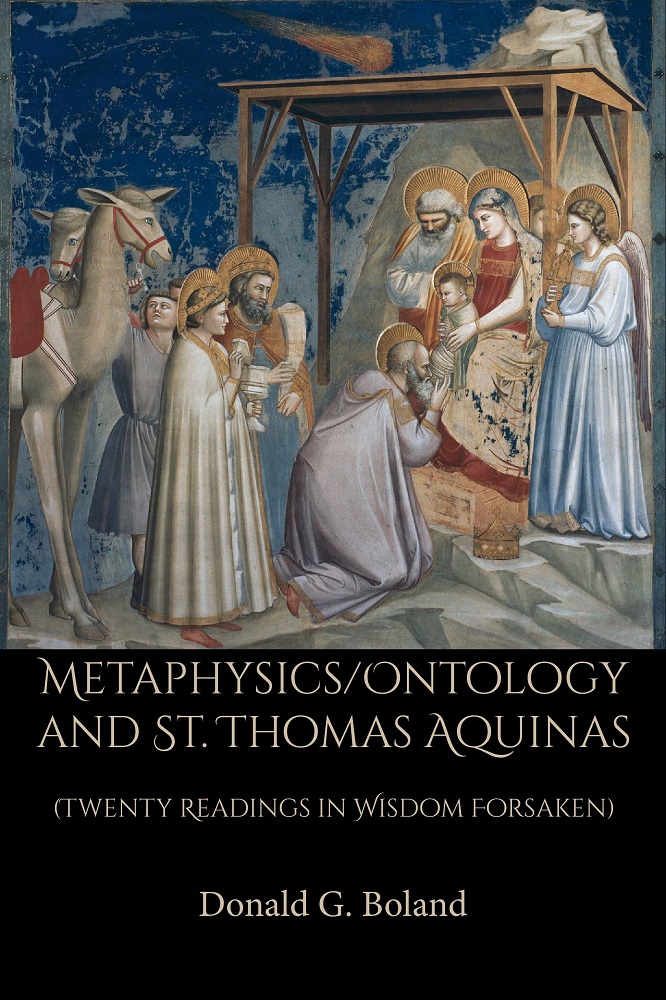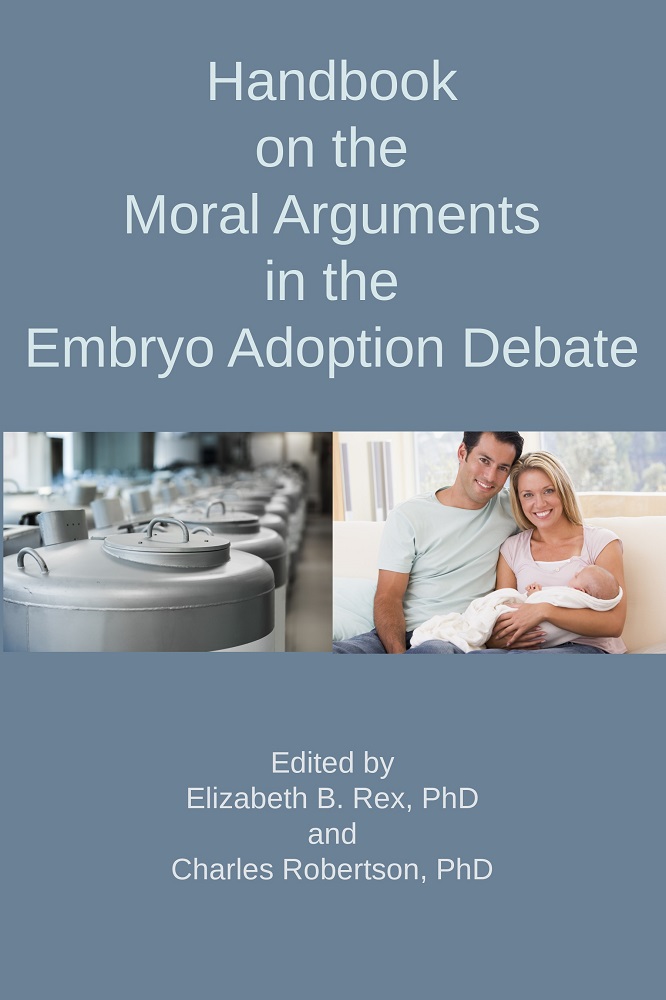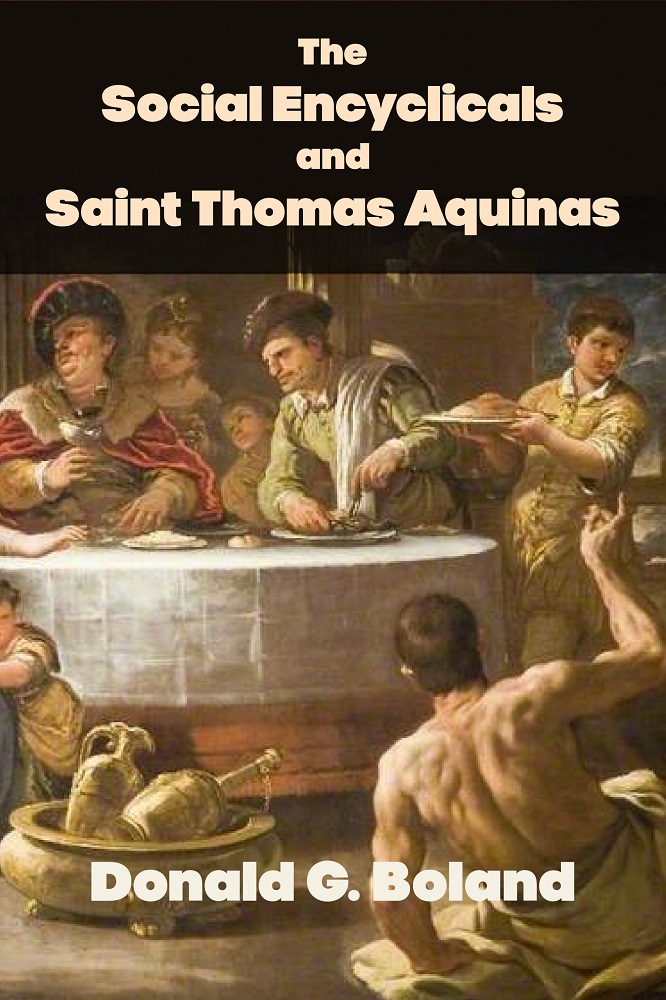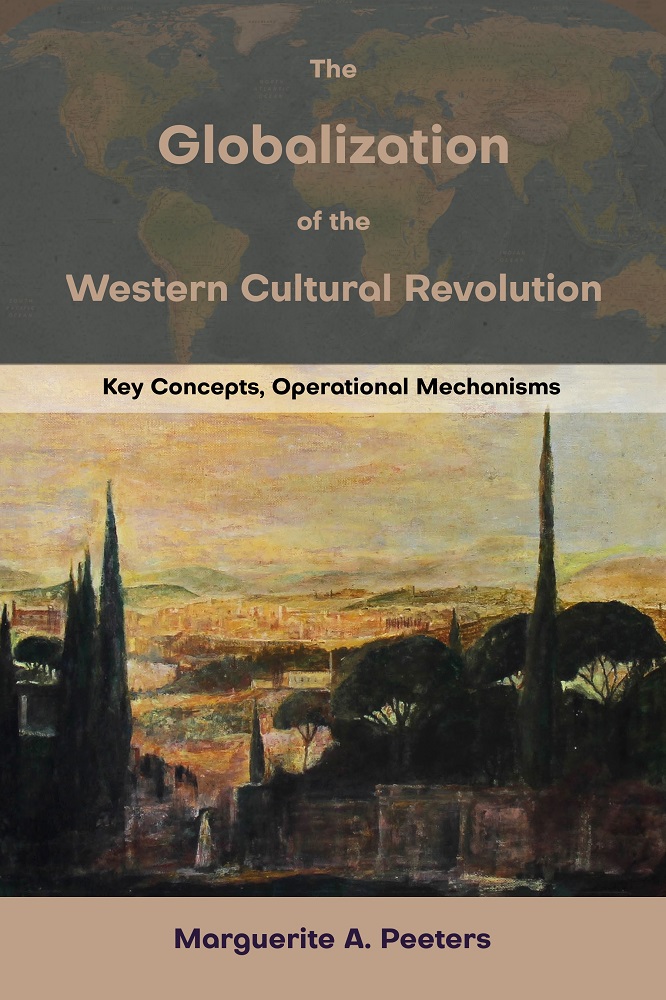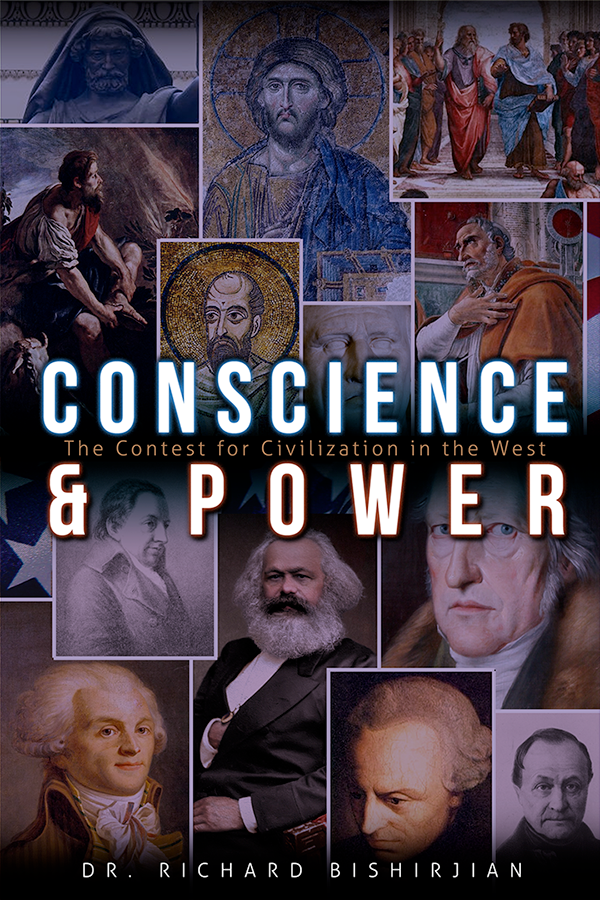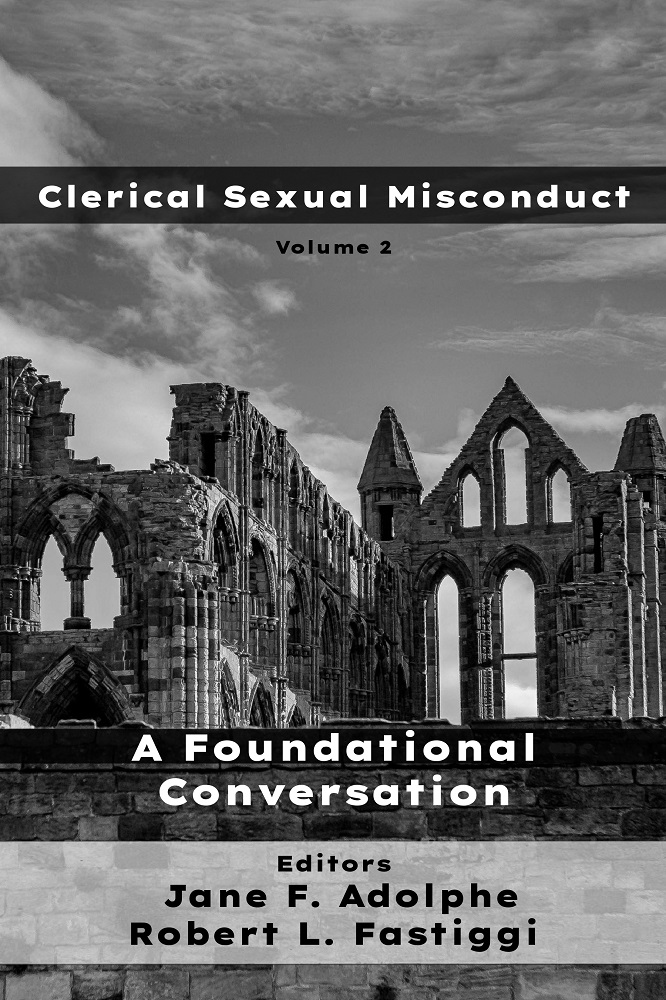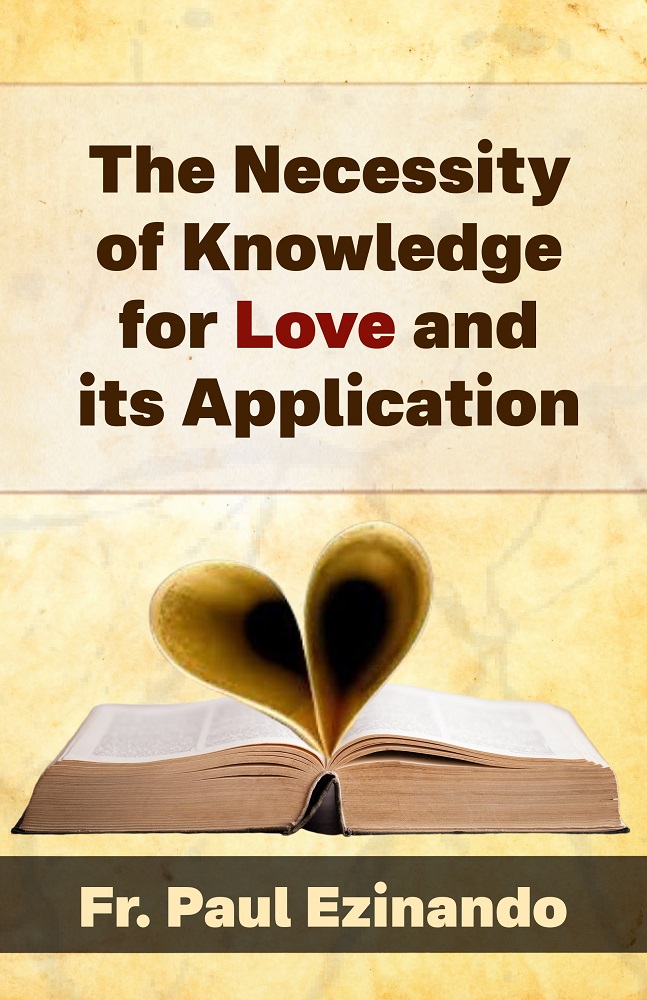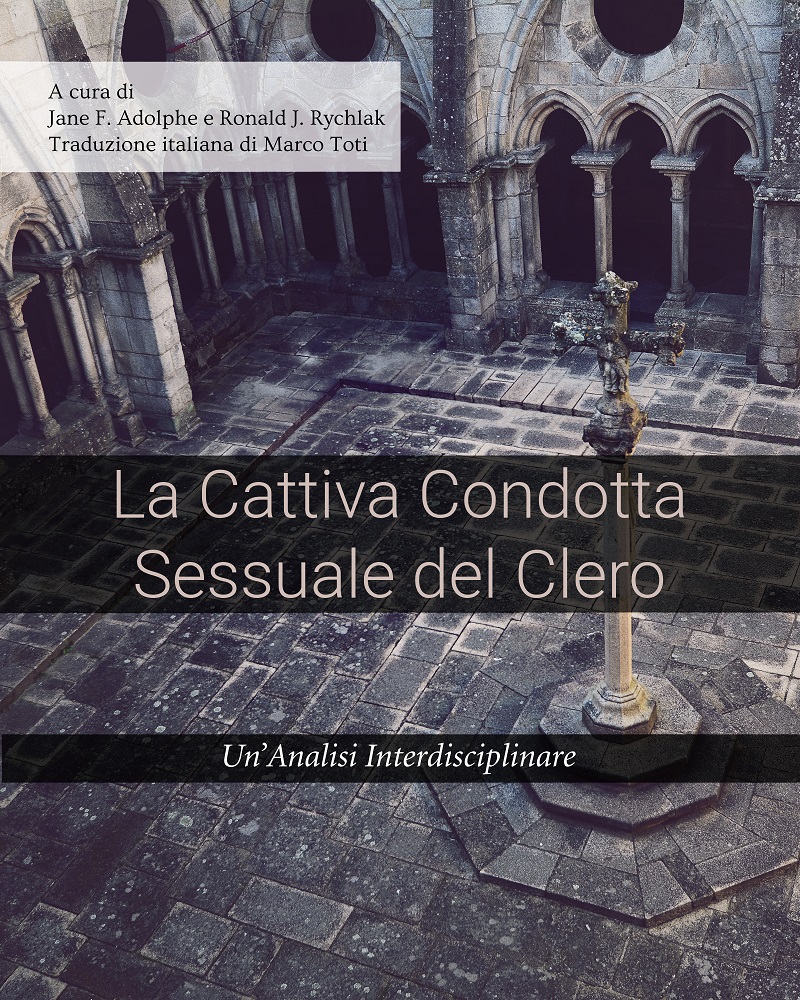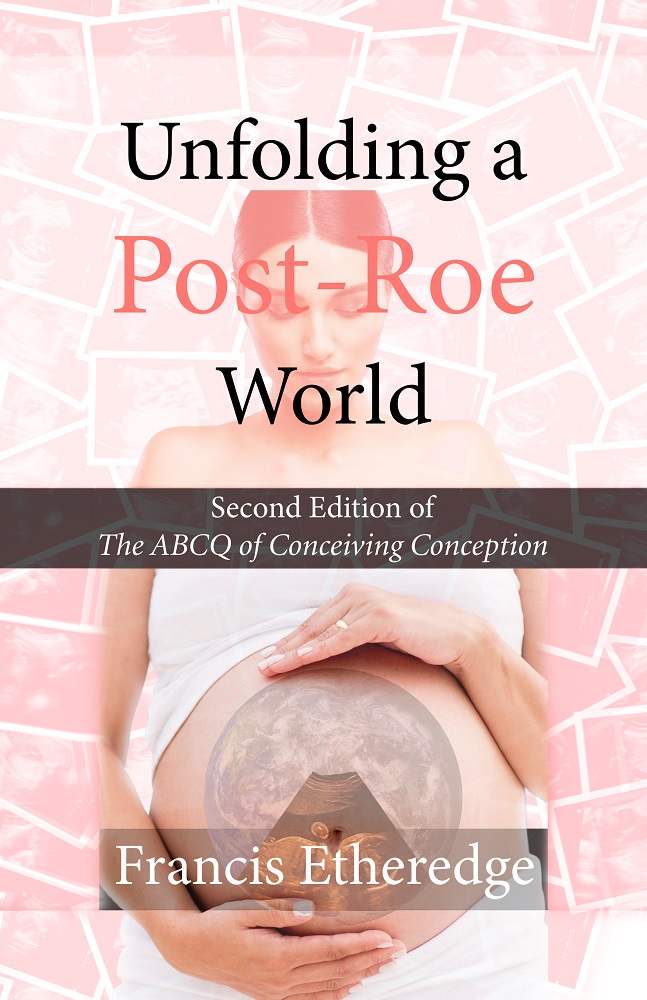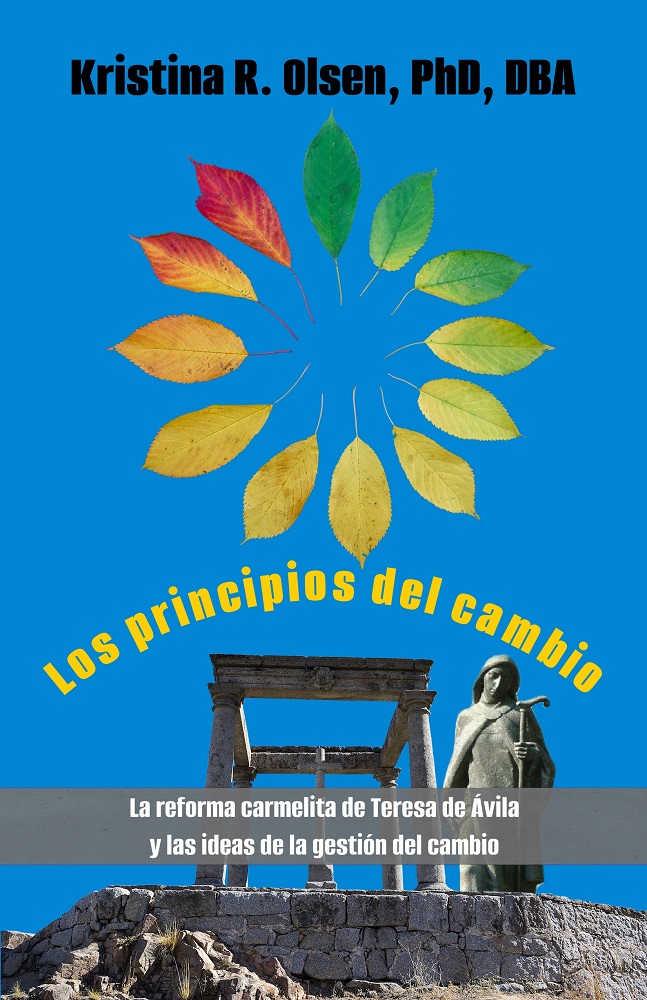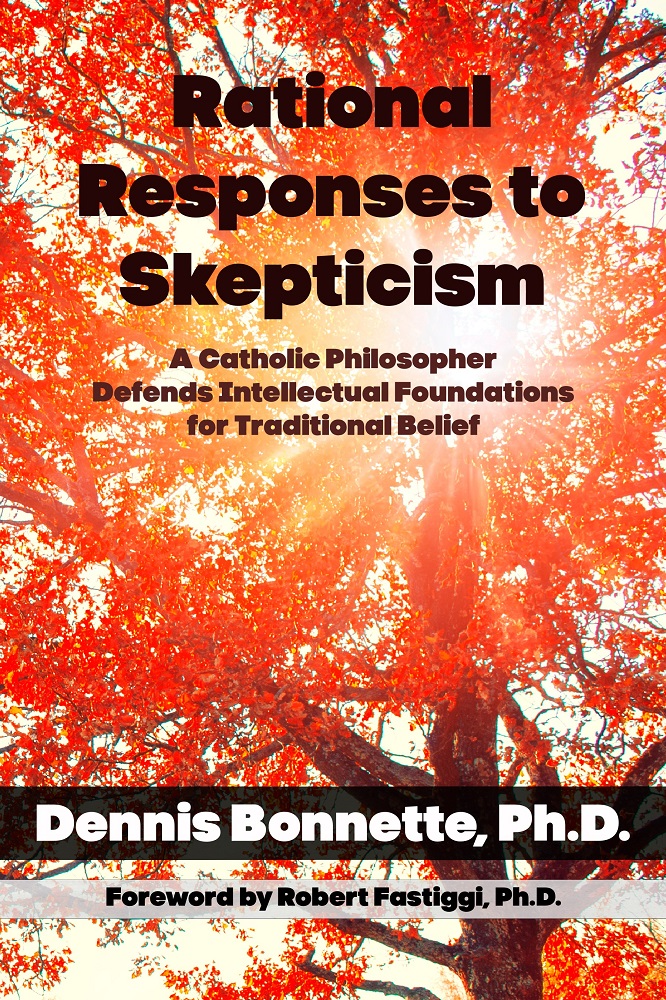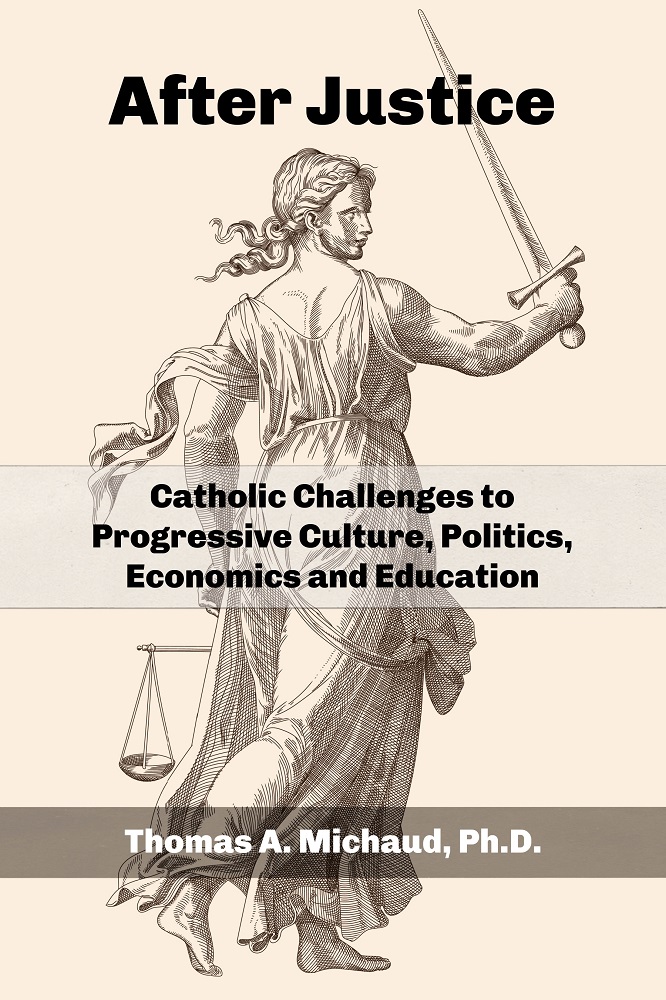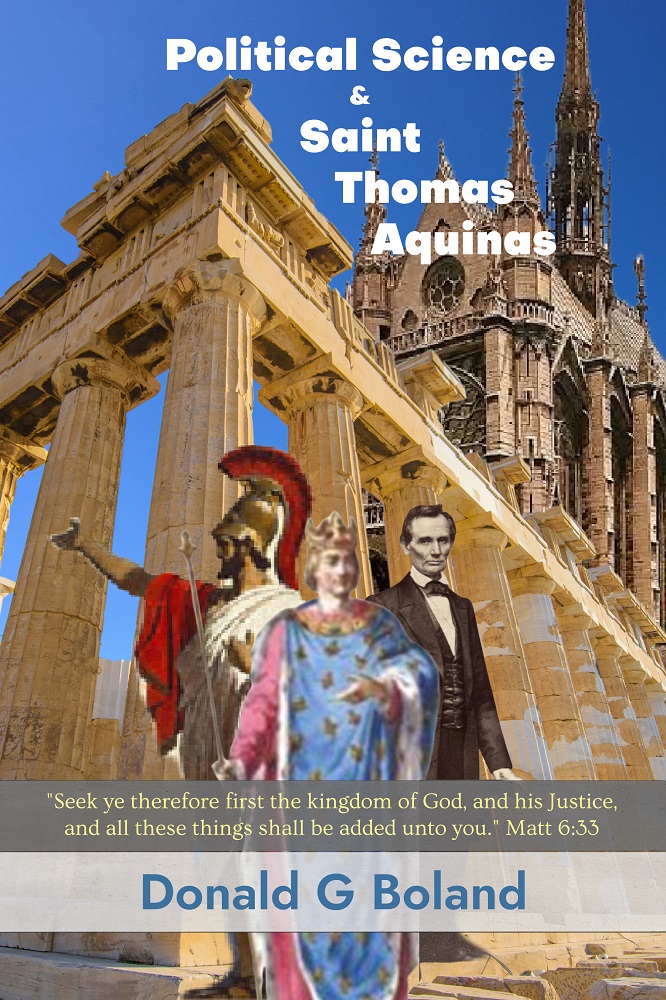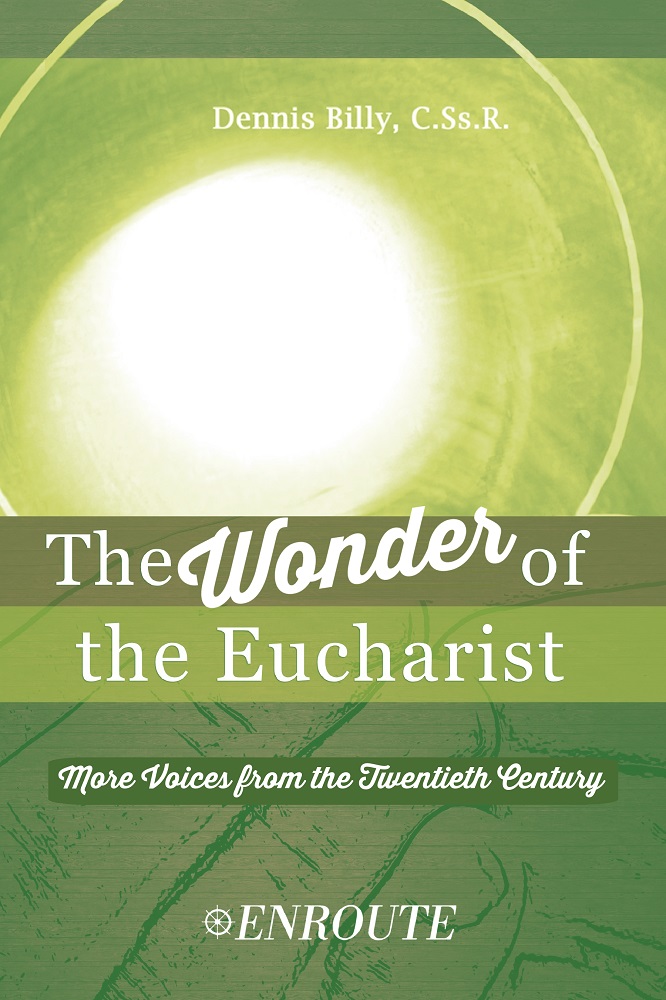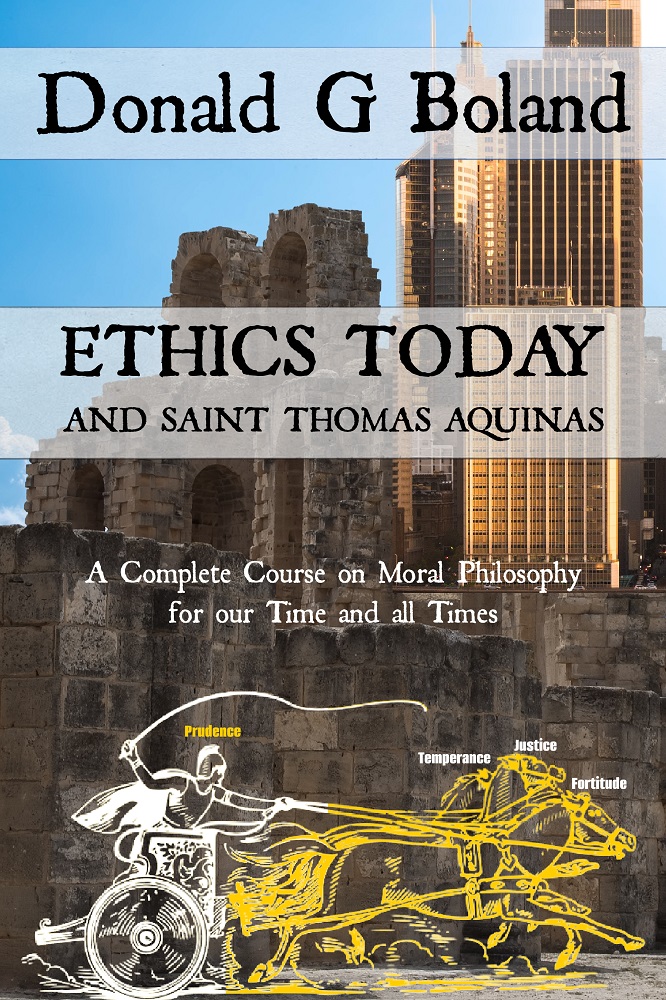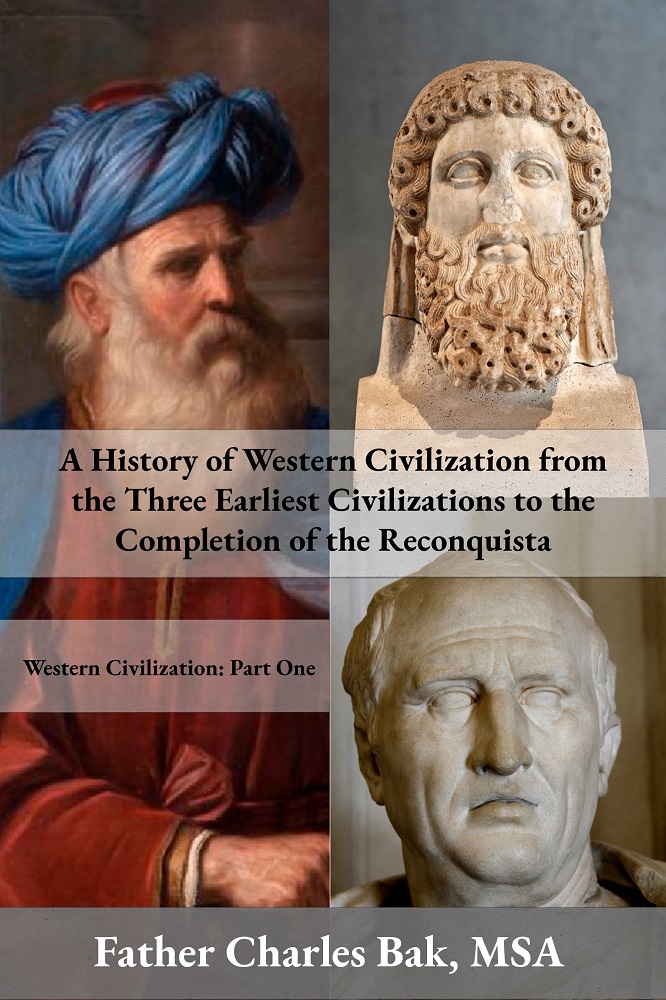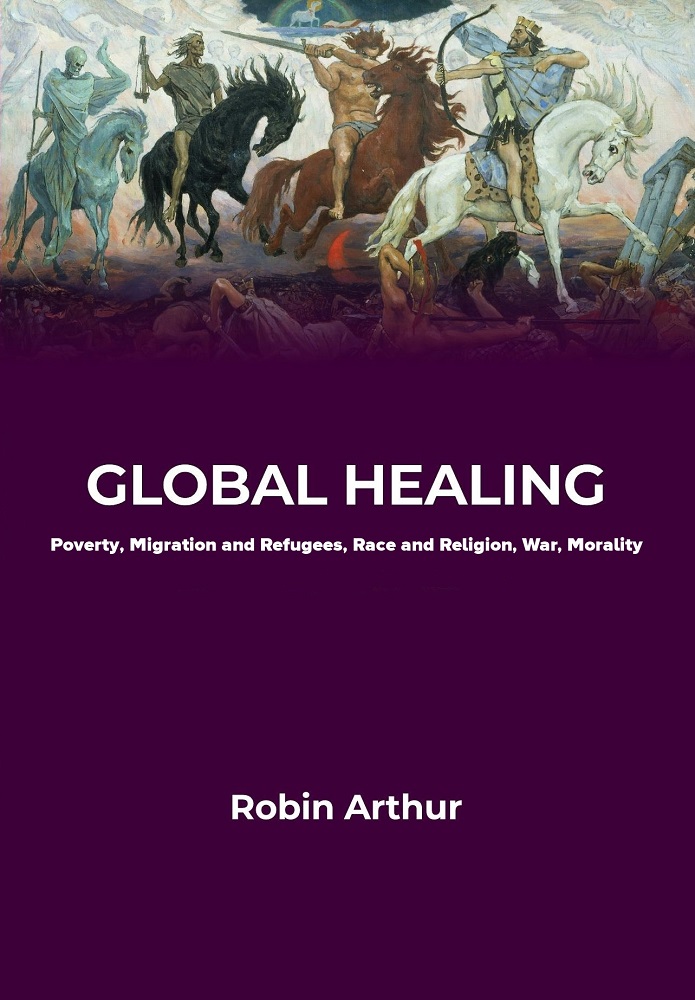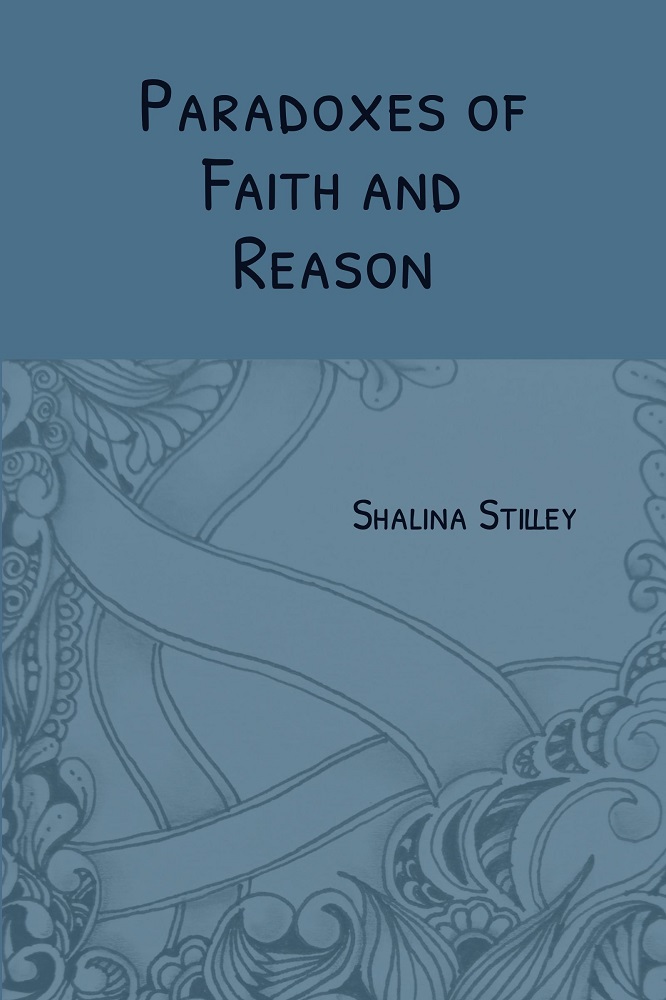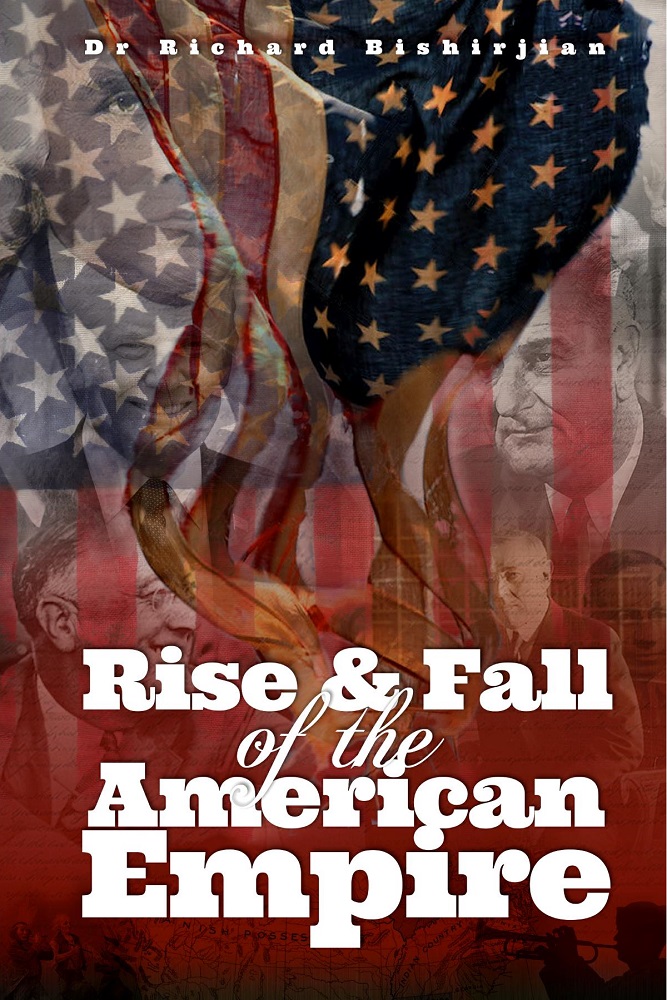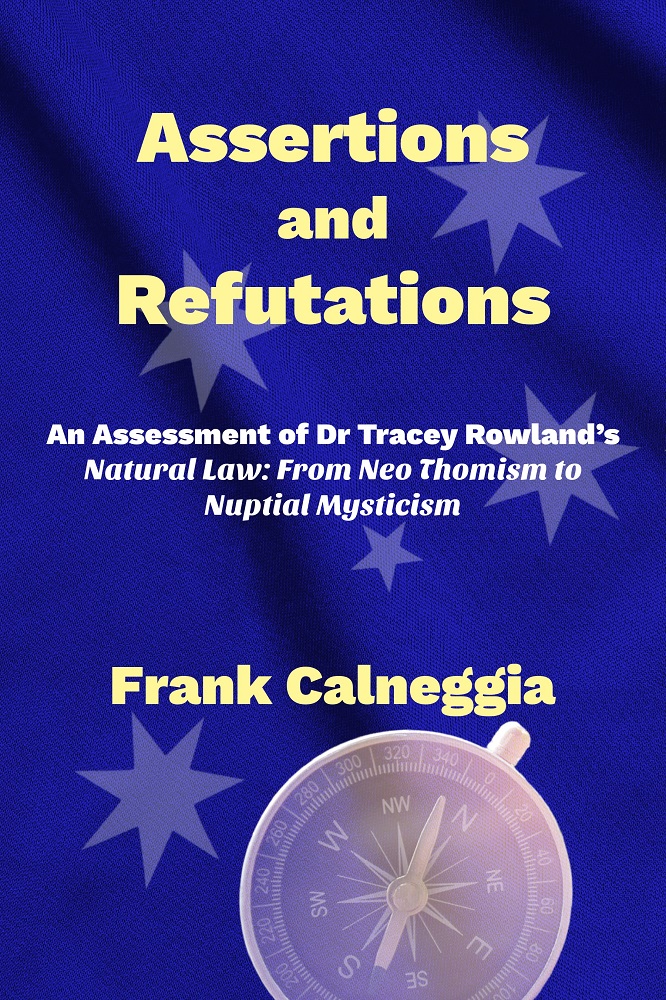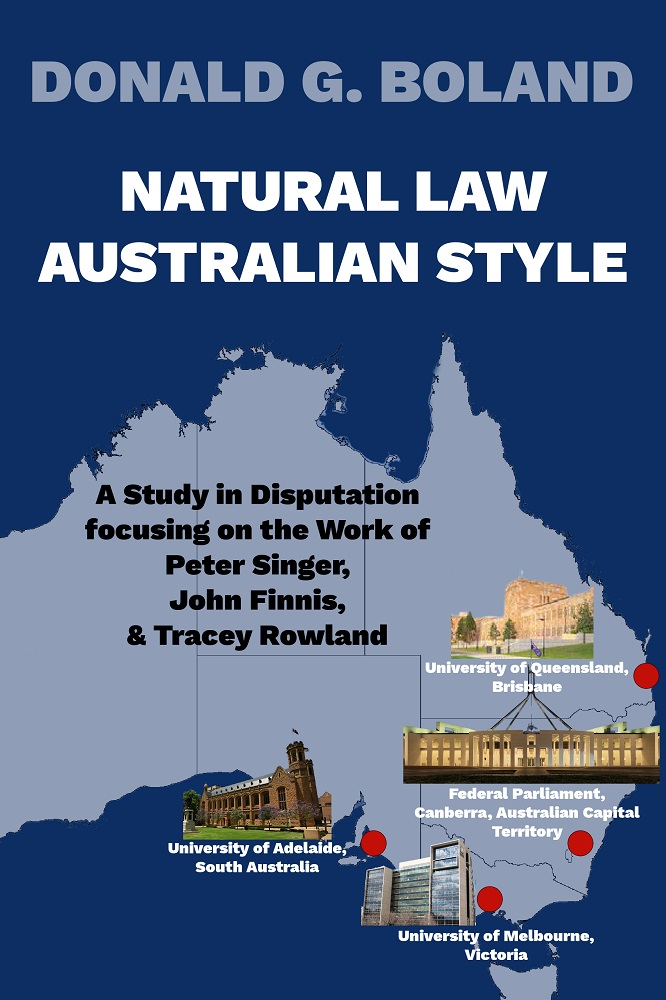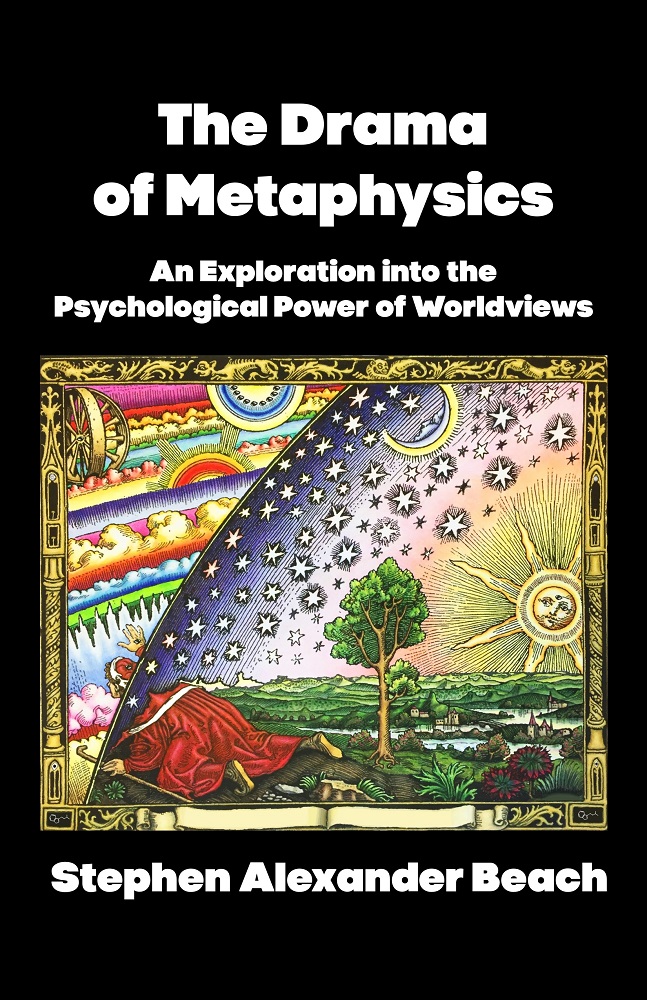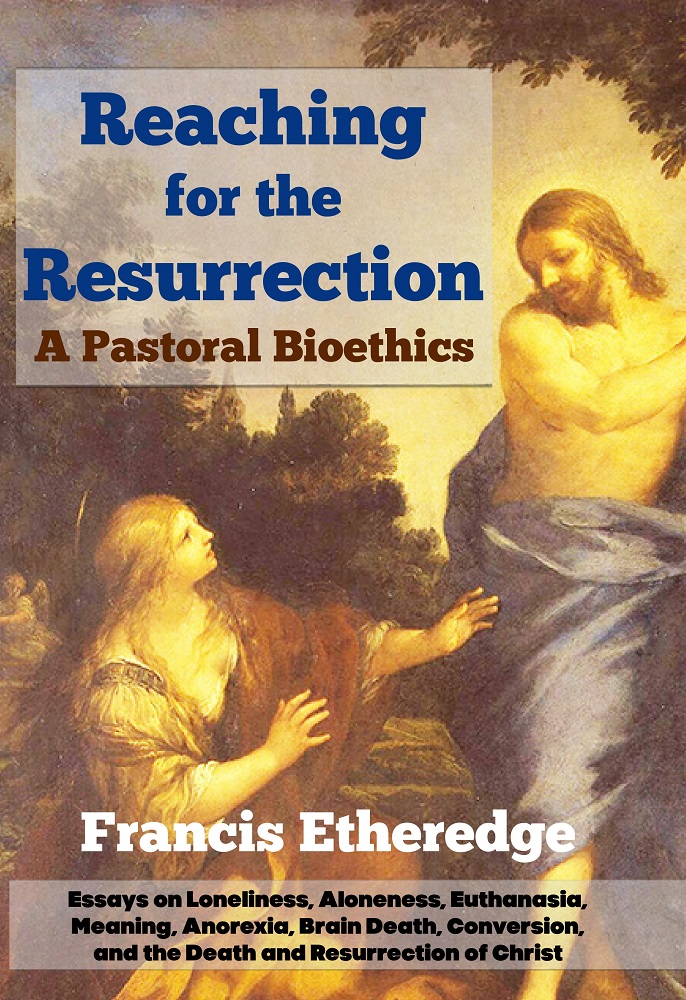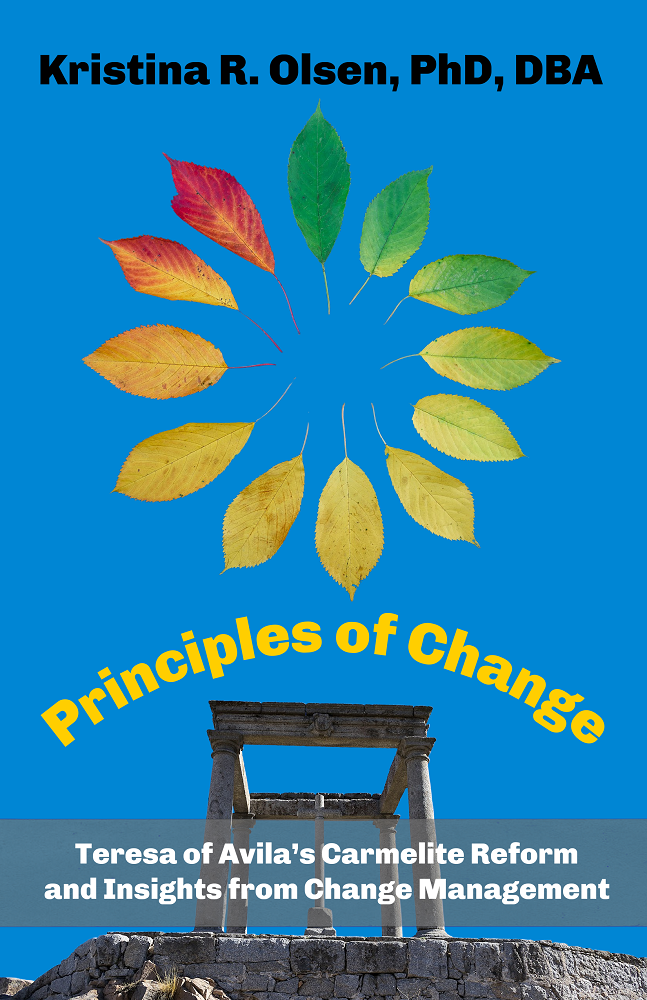Analysing the Errors and Exposing the Real Agenda of Pierre Teilhard de Chardin, S.J.: The Selected Works of Frits Albers, Vol. 1
by Frits Albers, edited with a Foreword by Frank Calneggia
Selected for publication in this present volume are four of the principal works of Frits Albers wherein the errors of Pierre Teilhard de Chardin, S.J., are exposed and analysed in depth, their impact on critical areas of Catholic life made manifest, and Teilhard’s real agenda proved from Teilhard’s own words. These are:
- Teilhard de Chardin and the Dutch Catechism;
- The Hidden Schism;
- The ‘Theology’ of the late Pierre Teilhard de Chardin, S.J.;
- Tradition
The author shows that Teilhard’s agenda to spread his errors in the Church was continued after his death so that after Vatican II Catholics would be taught these errors were the ‘authentic interpretations’ of the Council. He further shows that this has had a most disastrous effect on Catholic life on a global scale. The author discusses and analyses in some depth and with much acumen the insidious preparation of this Teilhardian agenda and its widespread post conciliar implementation. He then turns his attention to the documents of Vatican II and shows that they can only be rightly understood (that is to say, in the light of Catholic Faith and right reason) when seen and accepted as a continuation of the uninterrupted Tradition (handing on of Revelation) that has always existed in the Church, and from which evolution has always been absent.
Paperback: $19.95 | Kindle: $9.99
REVIEW BY DR. DONALD G. BOLAND
I am old enough to remember the furore caused among the Catholic young and not so young with whom I had communication in the time after my attendance at the Law School of the University of Sydney, and during my attendance at the Aquinas Academy, on the publication, after his death, of the works of Teilhard de Chardin, prohibited to be published by the Church during his lifetime. The furore as I recall came to a head in the middle 1960s as the Second Vatican Council was ending or shortly afterwards. Dr. Woodbury was amongst the loudest in his condemnation of the materialist/scientistic evolutionism to be found in the works.
Apart from the moral consequences of its teaching, the inanity, even insanity, of the “theological science” propounded, as well as the equivocations and general sophistry in its popular propagation, were so obvious to us at the time that we hardly gave it another thought. We did not pay that much attention to the sensationalist “press” that these works evoked.
Being more interested in the revival of genuine Catholic thought in the likes of Chesterton and the books being written by a multitude of other marvelous English converts, such as Father Ronald Knox and Arnold Lunn, a mountaineer who invented the slalom ski event in the Olympics, we treated the “phenomenon” of de Chardin SJ as just another of the passing fashions to which the Catholic world had always been subject, and focused on the works of the Church’s “Common Doctor”, with their resources to retain the sanity of mind needed in our times, as at all times.
Little did we realise that many in the Church, especially amongst de Chardin’s confreres, the Jesuits, were giving a lot of thought to his “revelations”, seeing it as a vehicle to bring the Church up to date, as it was supposed was the intent of the Vatican Council.
For a time, we did not appreciate that the ideas of de Chardin were but a break out of a deeper disease/malaise in modern Catholic thought that had already been identified and condemned as strongly as possible by the Magisterium, namely, that “mother of all heresies”, Modernism.
It is only in more recent times, as the depth of this intellectual and moral darkness has become more “visible”, that I have come to realise that, far from being a passing “phenomenon”, de Chardin’s “scientific evolutionism” has grown, like a cancer, to such monstrous proportions that it seems to be ineradicable. For it is evident now that the “forces” of the Evil One (Malignus), or the smoke of Satan as Pope Saint Paul VI put it, have indeed entered the very inner halls of the governing “Curia” (Latin for caring part) of the Church.
If I had been aware of the work of Frits Adlers, who was well aware of what was happening even in the 1970s, and was describing it in detail in the books only now being published widely, I would have been much the wiser myself about the dire state of affairs the faithful was caught up in, like in a spider’s web.
However, better late than never, and no doubt in God’s providence, we now have the malign situation exposed in the most thoroughgoing way. It is up to us to have the courage to face it, and condemn the error and evil it represents.
I will add if I might my own view of de Chardin’s work, whose connection with Modernism can be traced quite clearly in retrospect. Like many of his generation, including Maritain, he was well educated in modern science, and greatly impressed with its power. But being deeply spiritual because of his Christian upbringing, he was also troubled by the apparent conflict between what he held by Faith and what his modern science told him was pure reason.
He looked for a way out of this dilemma and through intellectual contact with Bergson’s philosophy, expressed especially in his book “Creative Evolution”, believed he had found it. He befriended Bergson’s closest associate Edouard Le Roy and discussed things over a long period.
It is significant that Maritain was initially drawn to Bergson’s solution of his own dilemma – it became the prevailing solution of the day to the perceived view that human knowledge in science was mechanistic – but later through contact with the works of St. Thomas Aquinas (by the graces of his wonderful wife Raissa) Maritain was able to see through Bergson’s “evolution” philosophical solution.
Importantly, the Church authorities of the time were alert to this mistaken approach, apparently perceiving the pantheistic implications of Bergson’s thought, and banned his books.
De Chardin, one speculates, felt that this was either a misunderstanding of Bergson’s philosophy or, like many others both inside and outside the Church, an arbitrary exercise of ecclesiastical authority against the scientific search for truth.
In fact, as we can now see, thanks in great measure to Frits Albers’ work, de Chardin’s adoption of scientific evolutionism, which evidently was influenced by the vitalism/intuitionism of Bergson, fell also into Modernism. Sadly for those deceived by it, de Chardin’s philosophy of science was just another philosophical error by which the heresy of Modernism, masquerading as Christian theology, was able to be perpetuated in modern Catholic thinking.
— Dr. Donald G. Boland, author of Rev. Fr. Austin M. Woodbury, SM, PhD, STD and the Aquinas Academy (1945 – 1975); also see his Compendium
ABOUT THE AUTHOR
Frits Albers Ph. B (1921-2000) was born in Holland and studied under the Jesuits at Nijmegen during the 1940s. He emigrated to Australia in 1951, and travelled extensively within the south-east region of the ‘lucky country’. He joined the Department of Education in Victoria and worked as a high school teacher who specialised in mathematics, French and English.
In the early post Vatican II period he realised that the strange interpretations of the recently concluded Council that were being forced upon Catholics were under pinned by the same philosophy he had been taught in the 1940’s by the Jesuits at Nijmegen in the name of St Thomas Aquinas, but which in reality was the systematic Modernism of Pierre Teilhard De Chardin, S.J. Thus, in the early 1970’s he began writing articles and books to expose the philosophical root of these errors and aberrations of Teilhard De Chardin, and to defend Catholic Faith, clear thinking, and right philosophy.
ABOUT THE EDITOR
The editor is a retired electrical engineer who worked for most of his professional career in the specialist area of power generation. In a sabbatical year, he completed post graduate research in the History and Philosophy of Science at the University of Melbourne. He has long loved the philosophy of St Thomas Aquinas.
OTHER CATHOLIC ACADEMIC BOOKS
It’s Everybody’s World: We either Live Together or Die Together by Robin Arthur
It's Everybody's World: We either Live Together or Die Together by Robin Arthur This book invites global communities to seek the peaceful advancement of humanity that globalisation can bring about and open the gates to a common future, casting away the other troubles...
Assertions and Refutations II An Assessment of “A Secular Age” by Charles Taylor, authored by Donald G. Boland
Assertions and Refutations II: An Assessment of “A Secular Age” by Charles Taylor by Dr. Donald G. Boland This book is as stated on its cover an assessment of a book by Charles Taylor entitled “A Secular Age” published in 2007. It serves mainly as a critique of...
Altar Against Altar: An Analysis of Catholic Traditionalism by Andrew Mioni
Altar Against Altar: An Analysis of Catholic Traditionalism By Andrew Mioni When does the crisis in the Church end? May priests universally minister without any canonical mission? Can one Eucharist be offered against another in legitimate Catholic worship? Using the...
Elements of Christianity: The Beauty of the Christian Faith
Elements of Christianity: The Beauty of the Christian Faith by Tonino Vicari This book attempts to make accessible to the average reader the basic elements of Church teaching concerning morality, natural law, and supernatural truths that have been passed down through...
The Nostalgia for a New Christendom by Mario Ramos-Reyes
The Nostalgia for a New Christendom by Mario Ramos-Reyes Mario Ramos-Reyes shares the political schizophrenia of mid-20th century Latin America and the healing process that sought to fill the void between Enlightenment liberalism and the Catholic tradition. The cure...
Politics, Law & Religion in Times of COVID, ed. by Jane F. Adolphe, Fulvio Di Blasi, Robert L. Fastiggi
Politics, Law & Religion in Times of COVID Editors, Jane F. Adolphe, Fulvio Di Blasi, and Robert L. Fastiggi After two years of anti-COVID-19 policies, an international group of Catholic scholars and lawyers gathered in Rome under the auspices of the International...
Rigidity: Faithfulness or Heterodoxy by Pedro Gabriel
Rigidity: Faithfulness or Heterodoxy? by Pedro Gabriel “Why is Pope Francis always criticizing faithful Catholics?” is an oft-repeated question whenever the Holy Father makes one of his usual invectives against religious rigidity. Francis has indeed made such...
The Gender Revolution: A Global Agenda by Marguerite A. Peeters
The Gender Revolution: A Global Agenda (A Tool for Discernment) by Marguerite A. Peeters, Ph.D., with a Foreword by Robert Cardinal Sarah Wherever one lives in the world and whatever one’s age and occupation, it has today become difficult to escape the influence of...
Apologia Pro Sancta Maria Mater Pulchrae Dilectionis: Mother of the Church (Mater Ecclesiae), Book I
Apologia Pro Sancta Maria--Mater Pulchrae Dilectionis (Mother of Fair Love): Mater Ecclesiae (Mother of the Church), Book 1 by Joseph P. Michael, Th.D. The author offers the Church something that the Church does not currently possess, namely a comprehensive,...
Consuming Love by Fr. Gregory Cleveland, OMV
Consuming Love by Fr. Gregory Cleveland, OMV The Eucharist is the “sacrament of love.” Jesus Christ is the true Bridegroom of our hearts, and it is he whom we receive in holy Communion. Even if you have received our Lord thousands of times in the Eucharist, Consuming...
Heresia Disfarçada de Tradição por Pedro Gabriel
Heresia Disfarçada de Tradição por Pedro Gabriel Uma afirmação muito difundida nos círculos católicos atuais é que se pode ignorar os ensinamentos do Papa Francisco ou do Concílio Vaticano II se eles ensinarem algo que parece ir contra a tradição. Será que isso é...
Unpacking Palamism: A Catholic Critique
Unpacking Palamism: A Catholic Critique by James Likoudis with essays selected and edited by Andrew Likoudis Unpacking Palamism: A Catholic Critique, penned by esteemed scholar Dr. James Likoudis, meticulously scrutinizes the doctrines of Palamism, a theological...
Logic, Science, and St. Thomas Aquinas by Donald G. Boland
Logic, Science, and St. Thomas Aquinas by Dr. Donald G. Boland The primary aim in this book is to contrast the notions of logic in Aristotelian terms, including its use in Metaphysics, with the peculiar sense which it has taken in modern times, tied to a materialist...
Mary, the New Woman by Diego G. Passadore
Mary, the New Woman by Diego G. Passadore Mary, the New Woman is an apologetic exegesis from the Bible, Jewish texts, and other Christian confessions, designed to bring the Dogma of the Immaculate Conception closer to the unbeliever and to promote the dignity of women...
The Lord of the Rings and Catholicism
The Lord of the Rings and Catholicism: Exploring the Christian Roots of The Lord of the Rings Trilogy by Madeleine Dobrowski This book explores the Catholic themes that can be found in The Lord of the Rings trilogy. It is written for all lovers of Tolkien, Catholic or...
Four Catholic Philosophers: Rejoicing in the Truth (Jacques Maritain, Edith Stein, Dietrich von Hildebrand, Karol Wojtyła)
Four Catholic Philosophers: Rejoicing in the Truth (Jacques Maritain, Edith Stein, Dietrich von Hildebrand, Karol Wojtyła) by Richard A. Spinello This book unfolds the intersecting life stories of four important Catholic philosophers of the 20th century, namely,...
Disputed Catholic Landmarks: From Disinformation to Information
Disputed Catholic Landmarks: From Disinformation to Information by Gerard Verschuuren Everyone's life has landmarks: when you were born, when you graduated from school, when you got your first job, when you got married, and so many more. There must be many landmarks...
Human Nature: Moral Norm
Human Nature: Moral Norm by Francis Etheredge There is a 'difference, both anthropological and moral, between contraception and recourse to the rhythm of the cycle: it is a difference which is much wider and deeper than is usually thought, one which involves in the...
The Divine Mosaic: Piecing Together Catholic and Orthodox Unity
The Divine Mosaic: Piecing Together Catholic and Orthodox Unity by James Likoudis This book collects essays, speeches, and presentations given over the course of James Likoudis' seven decades as a Catholic. As a convert from Eastern Orthodoxy, he has devoted the...
Heresy Disguised as Tradition
Heresy Disguised as Tradition by Pedro Gabriel A widespread assertion in Catholic circles today is that one can disregard the teachings of Pope Francis or the Second Vatican Council if they teach something that seems to go against tradition. Is this the case? In this...
Scholars of the Sacred: Dominican Theologians in Late Medieval Byzantium
Scholars of the Sacred: Dominican Theologians in Late Medieval Byzantium by James Likoudis This in-depth study of the Catholic–Orthodox reunion efforts during the tumultuous 11th–15th centuries reveals the vital role played by the Dominican Order in shaping the...
Metaphysics, Truth and St. Thomas Aquinas
Metaphysics, Truth and St. Thomas Aquinas by Dr. Donald G. Boland In studying natural wisdom, Dr. Boland takes a look at how Aristotle defends the principle of non-contradiction, focusing on the great philosopher's treatment of the causes that prompted the ancients to...
Thomas of the Creator
Thomas of the Creator by Dr. Donald G. Boland Based on the works of St. Thomas, in particular his two Summas and his commentaries on Aristotle’s Physics and Metaphysics, this book is divided into three parts; 1) The Existence of God; 2) His Essence; 3) His Attributes,...
Beloved Lover: The Priesthood in the Song of Songs by Fr. Gregory Cleveland, OMV
Beloved Lover: The Priesthood in the Song of Songs by Fr. Gregory Cleveland, OMV In the context of the mystical love poetry of the Song of Songs, Beloved Lover explores how the priest is the living image of Jesus Christ, the Spouse of the Church. The priest is called...
True Catholic Doctrinal Development: The Modal Distinction of Francisco Suárez and its Christological-Theological Consequences
True Catholic Doctrinal Development: The Modal Distinction of Francisco Suárez and its Christological-Theological Consequences by Dr. Rafael Xavier Gonzalez In this book, Dr. Rafael Gonzalez discusses Suárez' modal distinction, which seems to satisfy both medieval...
Contemporary Sacred Art: Conversations on Art & Faith
COMING SOON! Contemporary Sacred Art: Conversations on Art & Faith by Dr. Michela Beatrice Ferri In translation now from the Italian. Buy it in the original language here: What is the so-called “Contemporary Sacred Art”? In her book, Michela Beatrice Ferri...
Metaphysics/Ontology and St. Thomas Aquinas (Twenty Readings in Wisdom Forsaken)
Metaphysics/Ontology and St. Thomas Aquinas by Dr. Donald G. Boland With this book the author moves from what Aristotle and Aquinas called the order of practical studies to the theoretical. At their highest levels it is from the ethical to the metaphysical. To the...
Handbook on the Moral Arguments in the Embryo Adoption Debate
To receive a 30% pre-order discount, click on the donate button below and purchase the book for $20.95 + $6 shipping.Handbook on the Moral Arguments in the Embryo Adoption Debate by Elizabeth B. Rex, PhD, and Charles Robertson, PhD The possibility of embryo adoption...
The Social Encyclicals and Saint Thomas Aquinas
The Social Encyclicals and Saint Thomas Aquinas by Dr. Donald G. Boland The social encyclicals of the Catholic Church provide an opportunity to treat human behavior from a practical moral philosophical point of view grounded in Aristotle as interpreted by Saint Thomas...
The Globalization of the Western Cultural Revolution: Key Concepts, Operational Mechanisms by Marguerite A. Peeters
The Globalization of the Western Cultural Revolution: Key Concepts, Operational Mechanisms by Marguerite A. Peeters, Ph.D. A new ethic, secularist in its radical aspects, has spread like wildfire all over the world since the end of the cold war. This ethic is the...
Conscience and Power: The Contest for Civilization in the West
Conscience and Power: The Contest for Civilization in the West by Dr. Richard Bishirjian Conscience and Power examines how civilization in "the West" arose after the fall of the Roman Empire and has grappled ever after with a desire of citizens of nations of Western...
Clerical Sexual Misconduct, Vol. 2: A Foundational Conversation
Clerical Sexual Misconduct, Vol 2: A Foundational Conversation Editors -- Jane F. Adolphe and Robert L. Fastiggi The abuse, harassment, or devaluation of women, in any form by Catholic priests and bishops, raises concerns about: whether clerics have a healthy...
The Necessity of Knowledge for Love and its Application
The Necessity of Knowledge for Love and Its Application by Fr. Paul Ezinando In this work, Fr. Paul Ezinando not only demonstrates that knowledge is a necessity for love, but he also shows that proper knowledge promotes love. Following the argument of St. Augustine,...
La Cattiva Condotta Sessuale del Clero: Un’Analisi Interdisciplinare
La Cattiva Condotta Sessuale del Clero: Un'Analisi Interdisciplinare A cura di Jane F. Adolphe e Ronald J. RychlakTraduzione italiana di Marco Toti La Cattiva Condotta Sessuale del Clero, Un’Analisi Interdisciplinare è un libro importante curato da Jane F. Adolphe e...
Unfolding a Post-Roe World
Unfolding a Post-Roe World by Francis Etheredge Unfolding a Post-Roe World is the second edition of what had formerly been entitled The ABCQ of Conceiving Conception. It explores what is involved in grasping the beginning of each of us – but we need the truth to open...
Los principios del cambio
Los principios del cambio: La reforma carmelita de Teresa de Ávila y las ideas de la gestión del cambio Kristina R. Olsen Este libro se basa en los principios de gestión del cambio organizacional para examinar la reforma de la Orden Carmelita de Teresa de Ávila en el...
Rational Responses to Skepticism: A Catholic Philosopher Defends Intellectual Foundations for Traditional Belief by Dennis Bonnette, Ph.D.
Rational Responses to Skepticism: A Catholic Philosopher Defends Intellectual Foundations for Traditional Belief by Dennis Bonnette, Ph.D. Following an avalanche of spirited criticism from skeptics, agnostics, and atheists, who have provided forceful intellectual...
After Justice: Catholic Challenges to Progressive Culture, Politics, Economics and Education
After Justice: Catholic Challenges to Progressive Culture, Politics, Economics and Education by Thomas A. Michaud, Ph.D. In recent decades in the United States, various derivative forms of Progressivism have emerged that manifest its lack of philosophical cohesion and...
Political Science and Saint Thomas Aquinas
Political Science and Saint Thomas Aquinas by Dr. Donald G Boland This book seeks to provide a relatively complete basis for the understanding of political science as presented by Aristotle, with the help of Saint Thomas Aquinas mainly by way of his (partial)...
The Wonder of the Eucharist
The Wonder of the Eucharist: More Voices from the Twentieth Century by Dennis Billy, C.Ss.R. This book examines some of the major literary voices from the past century who deepened our understanding of the Eucharist by embedding it in their short stories, novels,...
Ethics Today and Saint Thomas Aquinas
Ethics Today and Saint Thomas Aquinas: A Complete Course on Moral Philosophy for Our Time and All Times by Dr. Donald G. Boland This book seeks to provide a complete moral philosophy based on the works of St. Thomas Aquinas. The first part deals with the principles or...
A History of Western Civilization from the Three Earliest Civilizations to the Completion of the Reconquista by Fr. Charles Bak, MSA
A History of Western Civilization from the Three Earliest Civilizations to the Completion of the Reconquista: Western Civilization, Part 1 by Fr. Charles Bak, MSA This book tells a good story, actually the best story--the real story! So much of history involves...
Global Healing: Poverty, Migration and Refugees, Race and Religion, War, Morality by Robin Arthur
Global Healing: Poverty, Migration and Refugees, Race and Religion, War, Morality by Robin Arthur This book seeks to examine five challenges that our changing world will increasingly confront in the aftermath of Covid-19, namely poverty, migration and refugees, race...
Paradoxes of Faith and Reason
Paradoxes of Faith and Reason by Dr. Shalina Stilley Paradox it is at the very heart of the Gospel message. The Trinity, the Incarnation, the Cross and Resurrection, and the problem of evil are but a few examples of paradoxes of faith and reason. How can God be three...
Rise and Fall of the American Empire
A new book from En Route Books and media critically analyzes how the Republic fashioned by the Framers of the Constitution in 1787 has been transformed into a deep Administrative State ruled by non-elected experts.Rise and Fall of the American Empire by Dr. Richard...
Assertions and Refutations: An Assessment of Dr Tracey Rowland’s Natural Law: From Neo Thomism to Nuptial Mysticism
Assertions and Refutations: An Assessment of Dr Tracey Rowland’s Natural Law: From Neo Thomism to Nuptial Mysticism by Frank Calneggia This book unties the philosophical knot of Dr Tracey Rowland’s assertions concerning the natural moral law, Faith and reason, nature...
Natural Law – Australian Style
Natural Law - Australian Style: A Study in Disputation focusing on the Work of Peter Singer, John Finnis and Tracey Rowland by Dr. Donald G. Boland This book is a critique of the three most prominent Australian "authorities" on Law and Ethics of the present day,...
The Drama of Metaphysics: An Exploration into the Psychological Power of Worldviews
The Drama of Metaphysics: An Exploration into the Psychological Power of Worldviews by Stephen Alexander Beach Western Philosophy has been a 2500-year conversation attempting to understand the reality which lies beyond the changing physical appearances of the world....
Reaching for the Resurrection: A Pastoral Bioethics
Reaching for the Resurrection: A Pastoral Bioethics Loneliness, Aloneness, Euthanasia, Meaning, Anorexia, Brain Death, Conversion, and the Death and Resurrection of Christ by Francis Etheredge Francis Etheredge returns to the subject of bioethics with essays on...
Principles of Change by Kristina R. Olsen
Principles of Change: Teresa of Avila’s Carmelite Reform and Insights from Change Management Kristina R. Olsen This book draws from organizational change management principles to examine Teresa of Avila’s 16th-century reform of the Carmelite Order. During the last...
